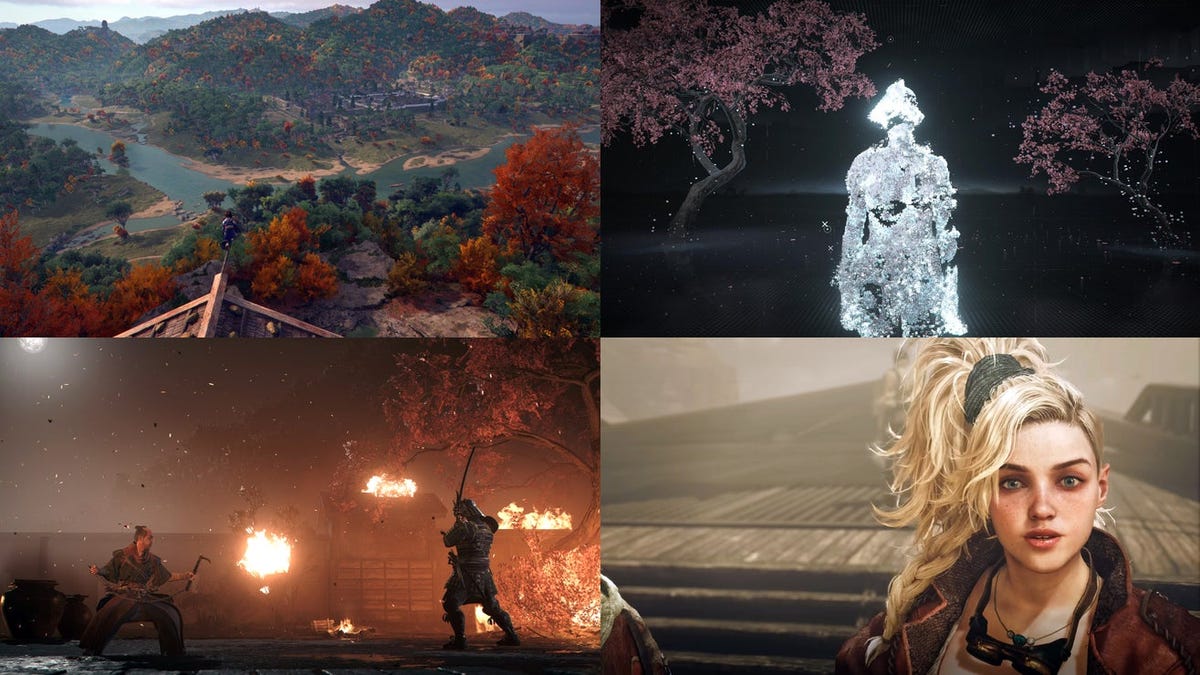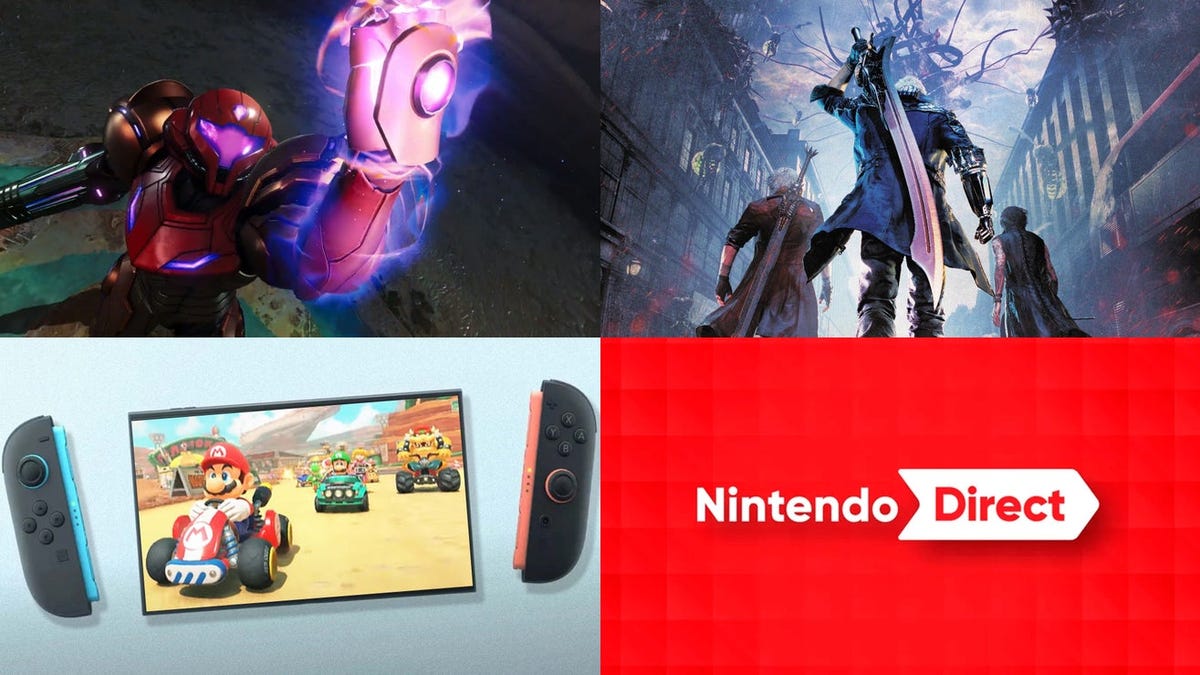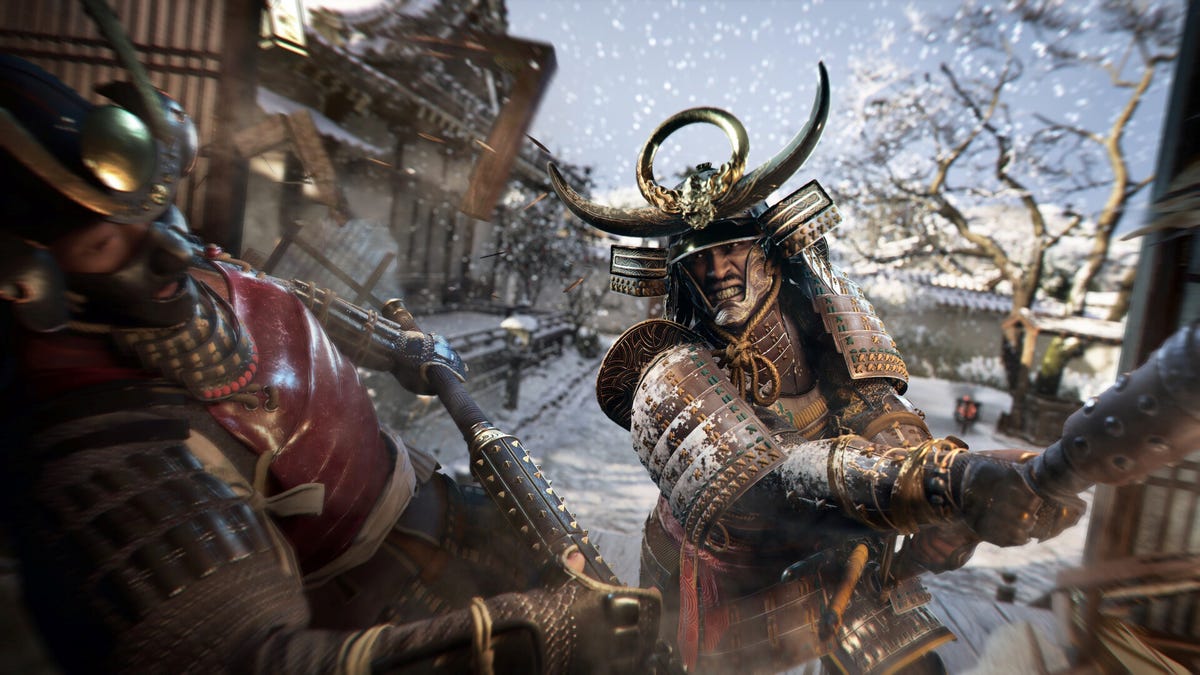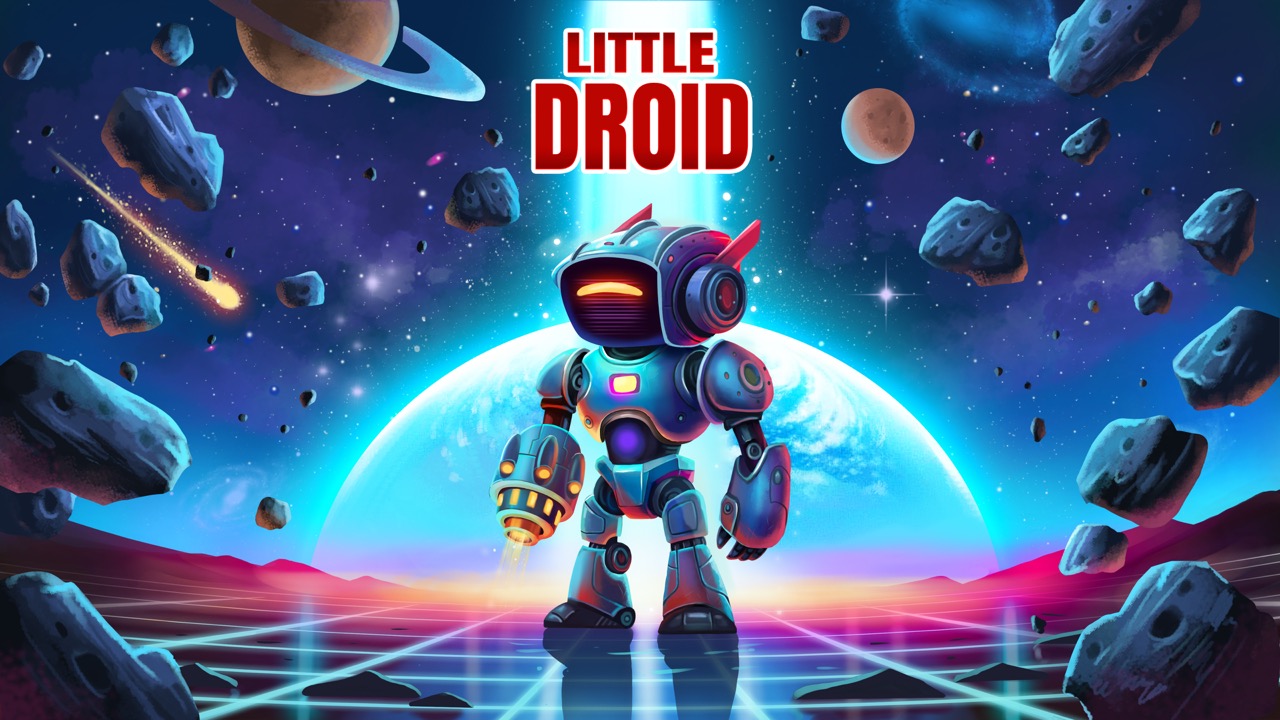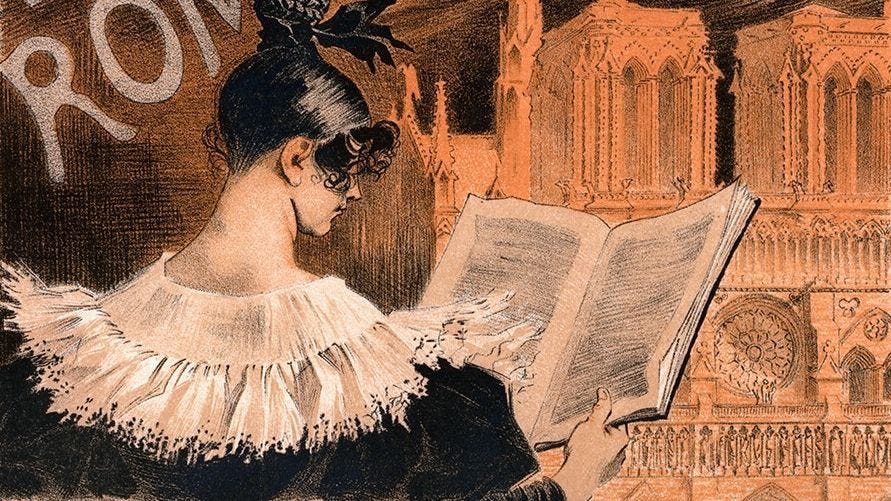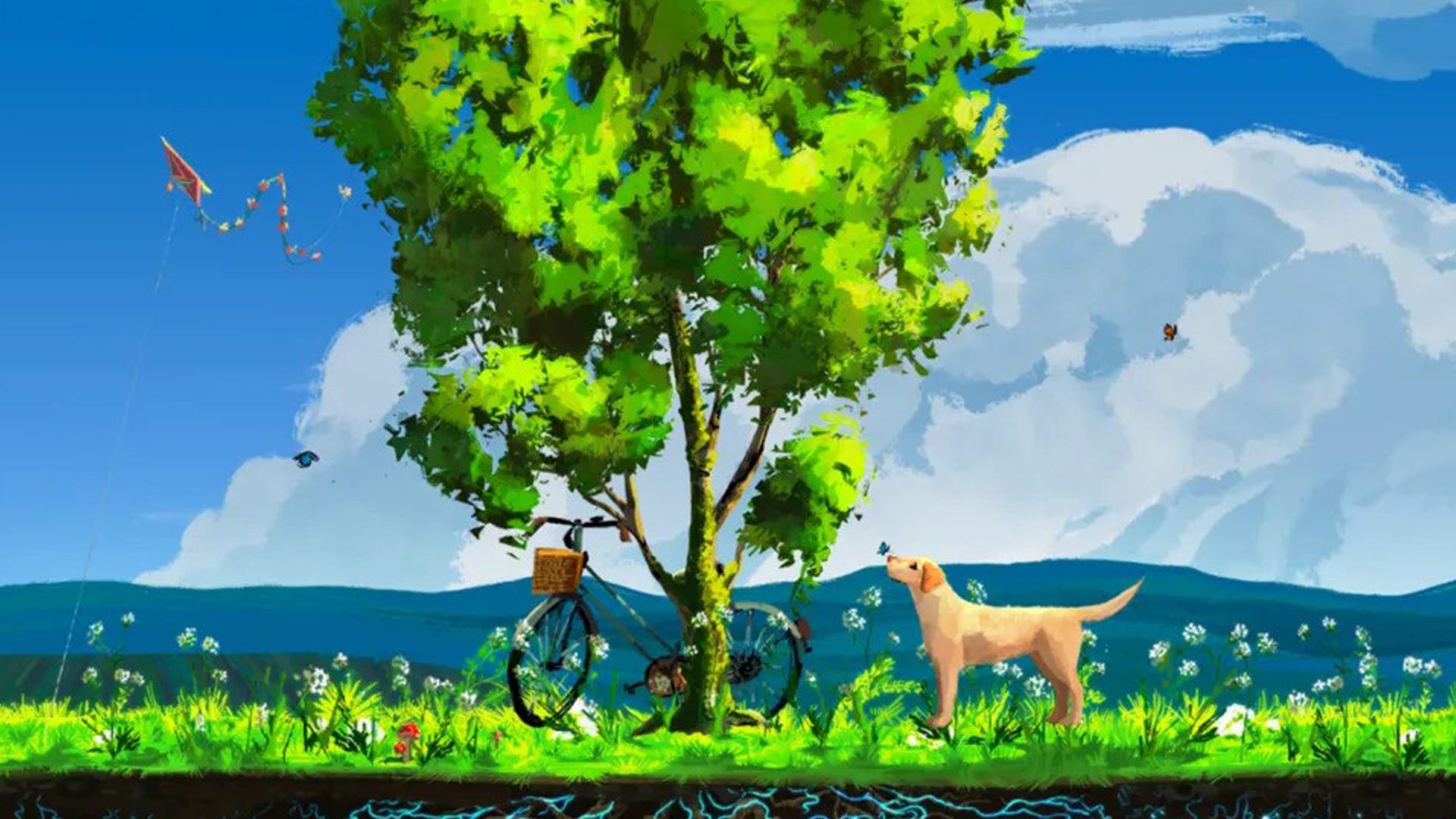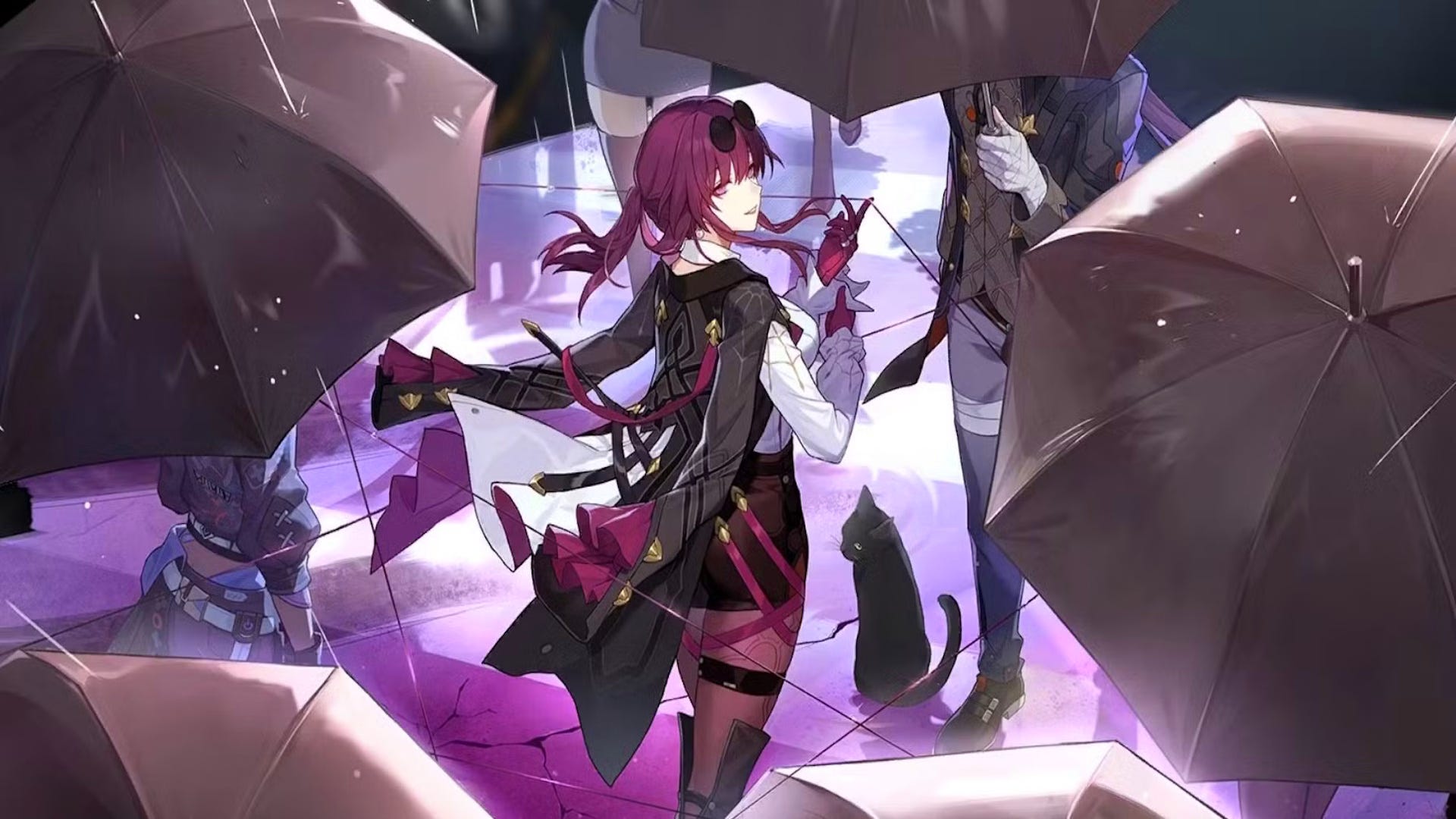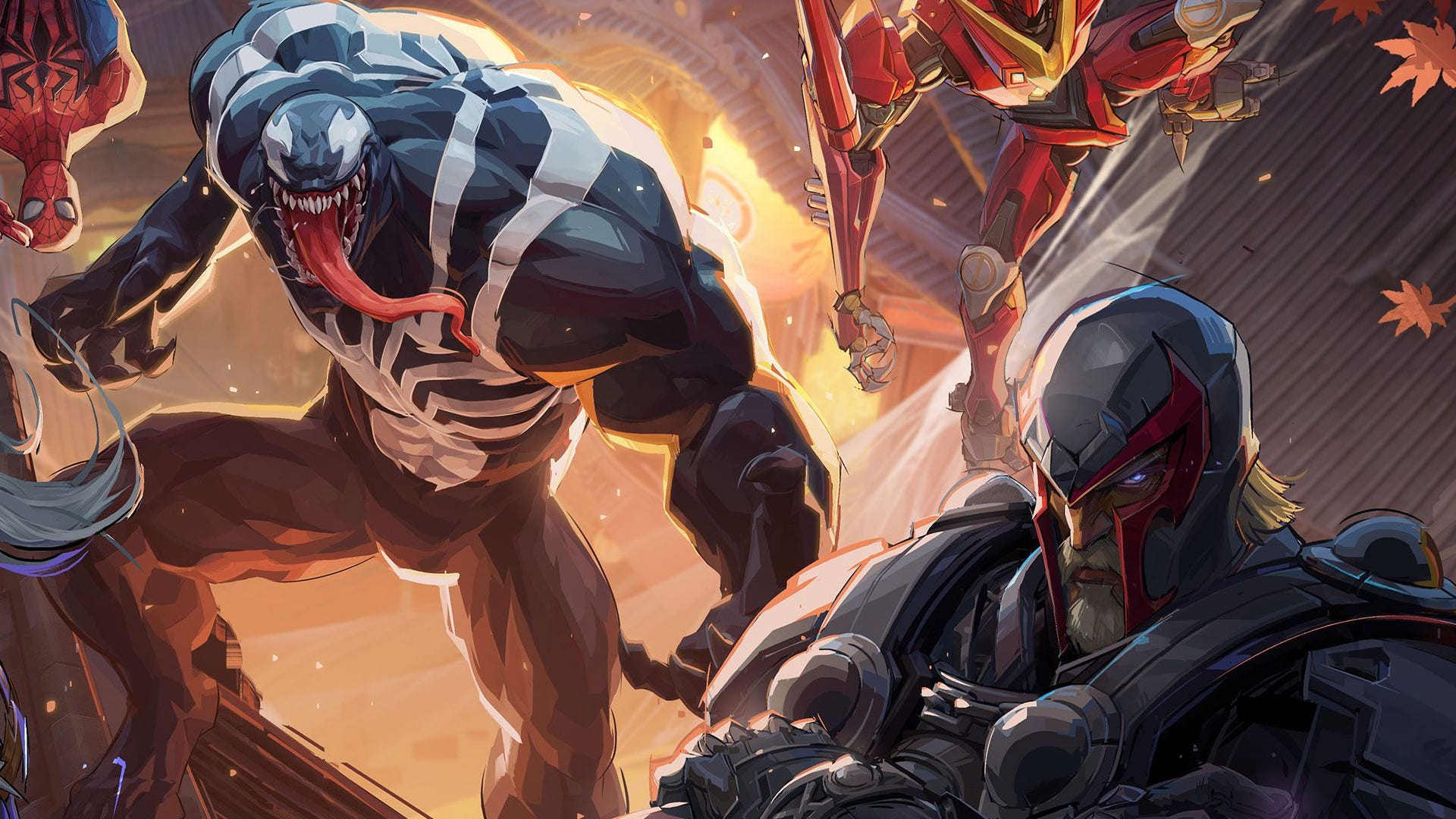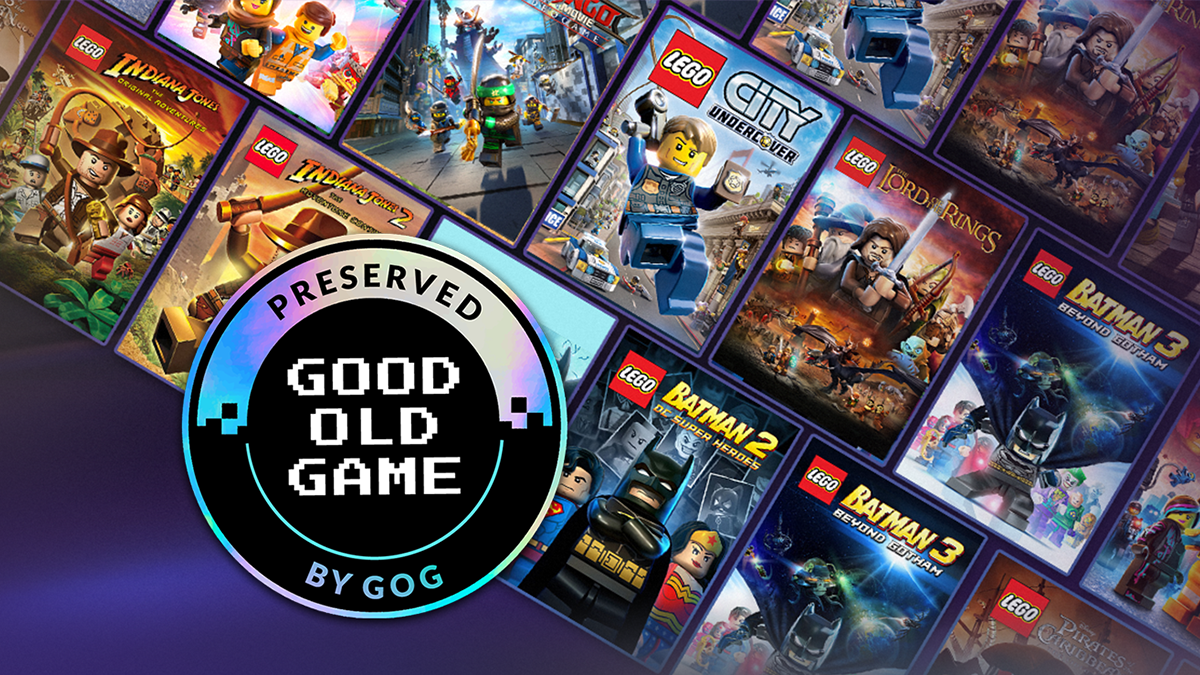Read our exclusive interview with Warhorse Studios about Kingdom Come: Deliverance II!
Hear ye, hear ye!With Kingdom Come: Deliverance II now available on GOG, we had the pleasure of speaking with its creators, Warhorse Studios, to ask them about their creative vision, development process, the incredible reception of the game, and questions submitted by our community.Have a read before you dive into this masterpiece RPG!Kingdom Come delivers a very distinct kind of RPG experience – hardcore, realistic, but also narrative-driven. What core design philosophies guided you when creating KCD2? In what ways did you deliberately decide “This is what makes a Kingdom Come game” and ensure every feature aligned with that vision?From the very beginning, we knew that Kingdom Come: Deliverance 2 had to stay true to the principles that made the first game unique: historical authenticity, immersive simulation, and meaningful storytelling. Every feature has to serve the player’s immersion. For KCD2, we wanted to improve on everything while keeping the soul of Kingdom Come intact. That meant refining our combat system without losing its challenge, expanding the world while keeping it densely packed with stories, and deepening the RPG mechanics while maintaining their realism. Ultimately, a Kingdom Come game is about putting the player in a living, breathing medieval world where their choices matter, and we made sure every system contributed to that vision.The balance between realism and player enjoyment is a tightrope you walk. For example, features like the saving system, combat difficulty, or needing to carry a torch at night add realism but can frustrate some players. How do you approach finding the right balance? Were there instances where you dialed back realism for the sake of gameplay fluidity (or vice versa, doubled down on realism despite potential pushback)?This is always a tricky balance. Our philosophy has been to prioritize gameplay over realism – realism should never become a burden. We absolutely listen to player feedback and observed how people interacted with these mechanics in KCD1. For KCD2, we improved the save system to make it more accessible without removing the tension that comes with limited saving. Combat is still skill-based and challenging, but we’ve worked on making it more intuitive – added more animations… simply made it feel better. At the same time, there are areas where we doubled down on realism because we felt they added to the experience – for example, the need to prepare for travel by managing food, health, and stamina. Ultimately, the goal is to make players feel like they are truly living in medieval Bohemia without unnecessary frustration.KCD2 is notably larger in map size, quest count, and features than KCD1. How did you manage scope during development? Were there any ambitious ideas you had to cut or postpone to keep the project on track, and how did you decide what was essential for launch?Managing scope is one of the biggest challenges in game development, especially for a project as ambitious as the KCD ones. We started with a wishlist of features and content, then refined it based on what was feasible within our timeline and resources. I am glad and very happy though that we scratched stuff from that list very early in development to really focus on what mattered most for us, and for having enough time to polish and refine the experience.Warhorse has grown since the first game and joined the Embracer family. How did the studio’s growth and the backing of a larger publisher influence development? Were there more resources for things like mocap, voice acting, or testing? And how do you maintain the studio’s culture and vision with a bigger team?I tend to say that we were punks in the times of KCD1, and now we are more organized punks :). We’ve been very careful to maintain our identity as a studio. Warhorse has always had a unique culture with its stubbornness and weird quirks. Luckily, Plaion and Embracer accepts, respects, and even supports us on that matter. Even with a bigger team than before, we ensure that everyone understands what makes a Kingdom Come game special. Our goal has always been to deliver the game WE want to make with exactly zero outside influence, with the exception of player feedback, and that hasn’t changed.The Kingdom Come community is very passionate and vocal. How did player feedback from the first game and its modding scene influence KCD2’s development? Can you give specific examples (for instance, “the community really wanted X, so we implemented or changed it in the sequel”)?Ah, what a great follow-up to my previous answer. The community’s feedback was invaluable in shaping KCD2. It’s hard to pinpoint one single major thing that changed, it’s really the sum of all the little things. With both releases, the team really spends hours, weeks, months… checking Reddit posts, reviews, youtube videos… everything, to get a good idea of what the people really think. In general, we dialed down a little on a few things to make the game simply more
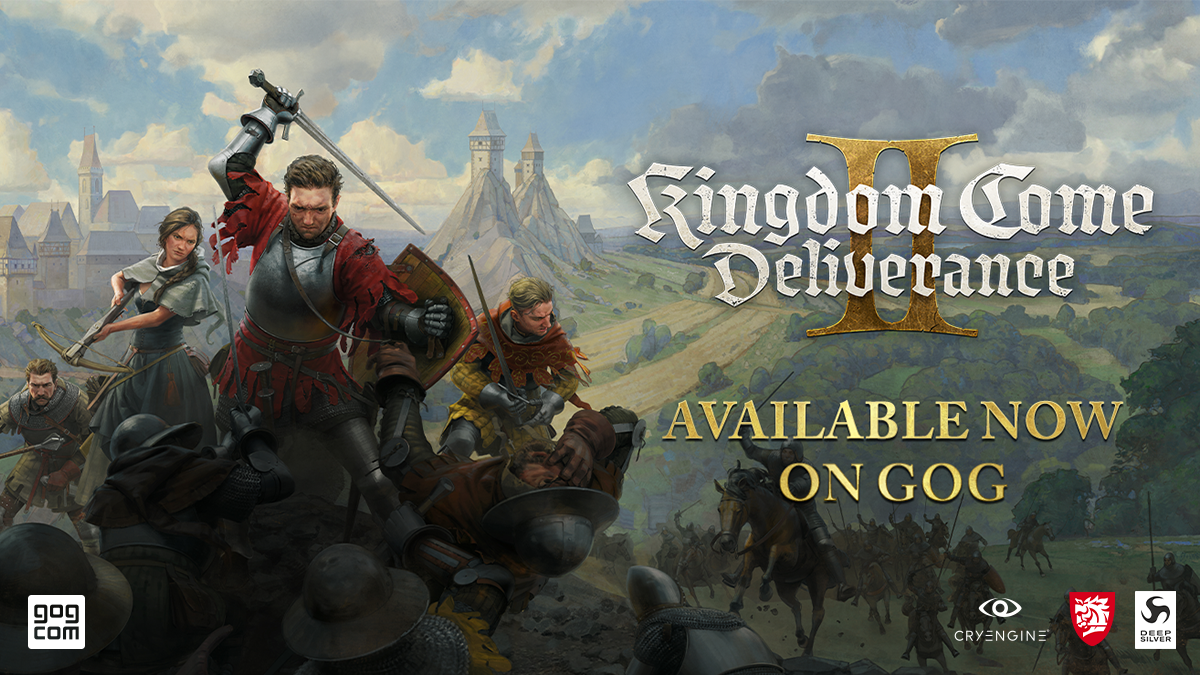
Hear ye, hear ye!
With Kingdom Come: Deliverance II now available on GOG, we had the pleasure of speaking with its creators, Warhorse Studios, to ask them about their creative vision, development process, the incredible reception of the game, and questions submitted by our community.
Have a read before you dive into this masterpiece RPG!
Kingdom Come delivers a very distinct kind of RPG experience – hardcore, realistic, but also narrative-driven. What core design philosophies guided you when creating KCD2? In what ways did you deliberately decide “This is what makes a Kingdom Come game” and ensure every feature aligned with that vision?
From the very beginning, we knew that Kingdom Come: Deliverance 2 had to stay true to the principles that made the first game unique: historical authenticity, immersive simulation, and meaningful storytelling. Every feature has to serve the player’s immersion.
For KCD2, we wanted to improve on everything while keeping the soul of Kingdom Come intact. That meant refining our combat system without losing its challenge, expanding the world while keeping it densely packed with stories, and deepening the RPG mechanics while maintaining their realism. Ultimately, a Kingdom Come game is about putting the player in a living, breathing medieval world where their choices matter, and we made sure every system contributed to that vision.
The balance between realism and player enjoyment is a tightrope you walk. For example, features like the saving system, combat difficulty, or needing to carry a torch at night add realism but can frustrate some players. How do you approach finding the right balance? Were there instances where you dialed back realism for the sake of gameplay fluidity (or vice versa, doubled down on realism despite potential pushback)?
This is always a tricky balance. Our philosophy has been to prioritize gameplay over realism – realism should never become a burden. We absolutely listen to player feedback and observed how people interacted with these mechanics in KCD1. For KCD2, we improved the save system to make it more accessible without removing the tension that comes with limited saving. Combat is still skill-based and challenging, but we’ve worked on making it more intuitive – added more animations… simply made it feel better.
At the same time, there are areas where we doubled down on realism because we felt they added to the experience – for example, the need to prepare for travel by managing food, health, and stamina. Ultimately, the goal is to make players feel like they are truly living in medieval Bohemia without unnecessary frustration.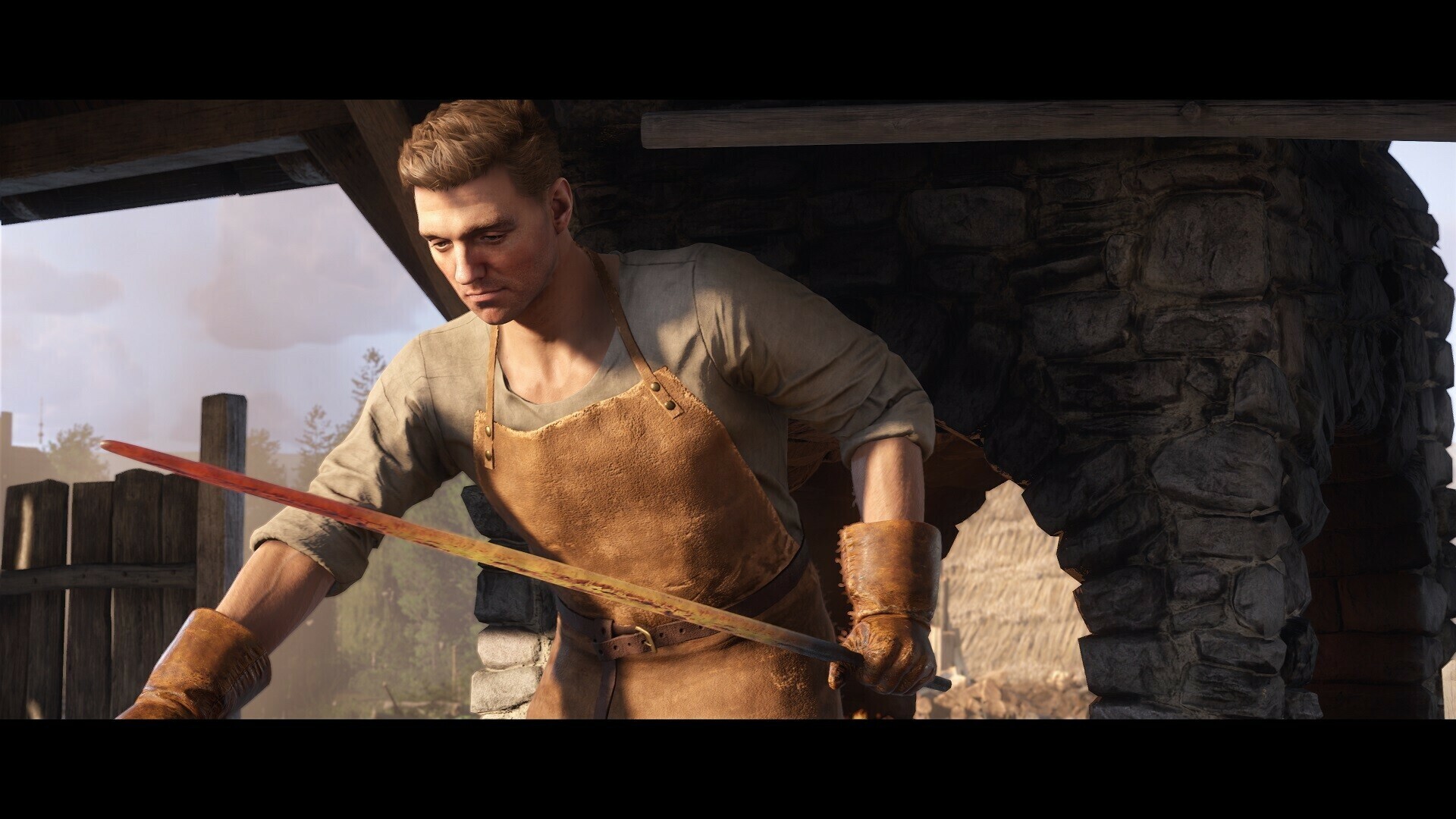
KCD2 is notably larger in map size, quest count, and features than KCD1. How did you manage scope during development? Were there any ambitious ideas you had to cut or postpone to keep the project on track, and how did you decide what was essential for launch?
Managing scope is one of the biggest challenges in game development, especially for a project as ambitious as the KCD ones. We started with a wishlist of features and content, then refined it based on what was feasible within our timeline and resources. I am glad and very happy though that we scratched stuff from that list very early in development to really focus on what mattered most for us, and for having enough time to polish and refine the experience.
Warhorse has grown since the first game and joined the Embracer family. How did the studio’s growth and the backing of a larger publisher influence development? Were there more resources for things like mocap, voice acting, or testing? And how do you maintain the studio’s culture and vision with a bigger team?
I tend to say that we were punks in the times of KCD1, and now we are more organized punks :). We’ve been very careful to maintain our identity as a studio. Warhorse has always had a unique culture with its stubbornness and weird quirks.
Luckily, Plaion and Embracer accepts, respects, and even supports us on that matter. Even with a bigger team than before, we ensure that everyone understands what makes a Kingdom Come game special. Our goal has always been to deliver the game WE want to make with exactly zero outside influence, with the exception of player feedback, and that hasn’t changed.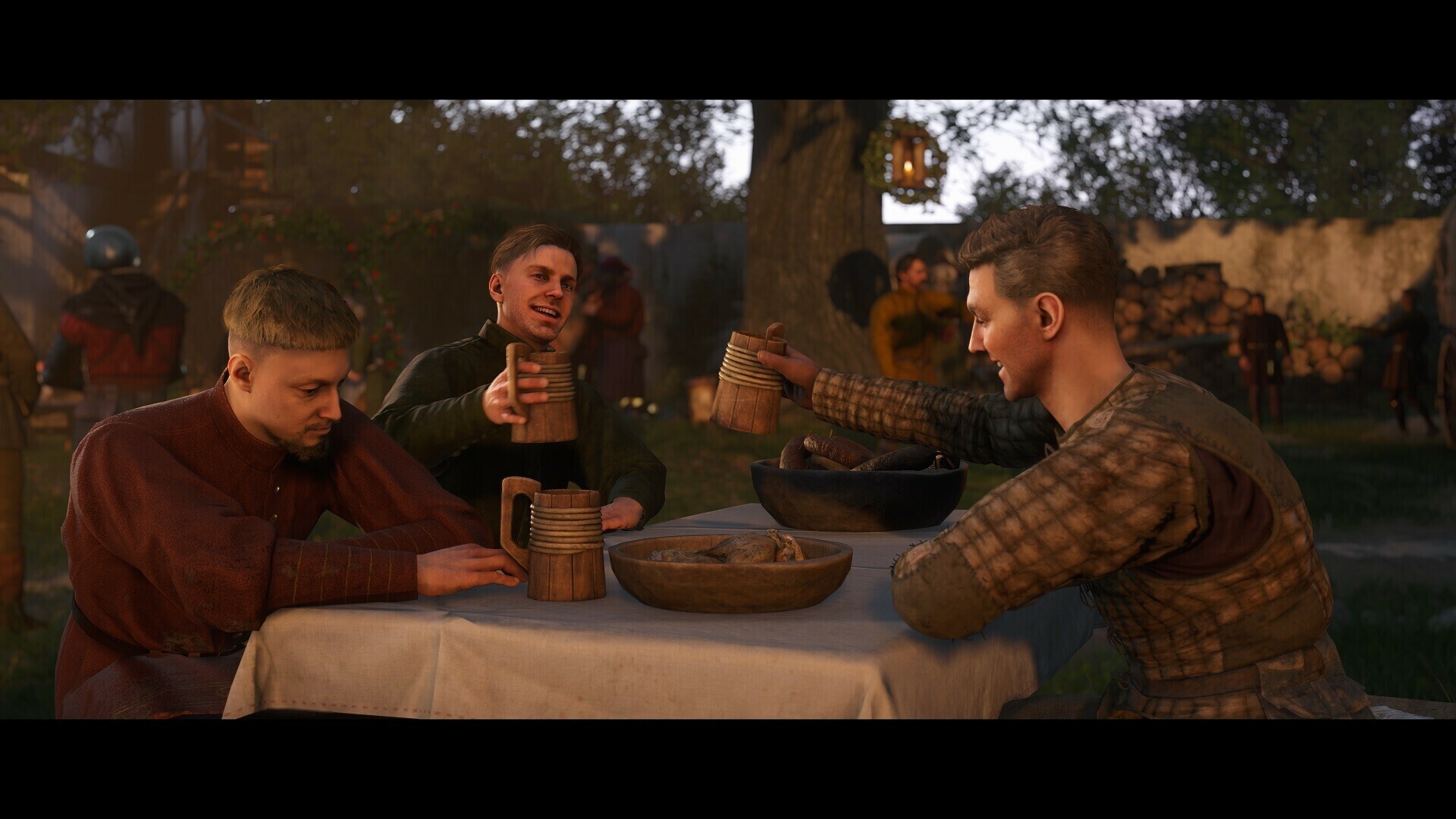
The Kingdom Come community is very passionate and vocal. How did player feedback from the first game and its modding scene influence KCD2’s development? Can you give specific examples (for instance, “the community really wanted X, so we implemented or changed it in the sequel”)?
Ah, what a great follow-up to my previous answer. The community’s feedback was invaluable in shaping KCD2. It’s hard to pinpoint one single major thing that changed, it’s really the sum of all the little things. With both releases, the team really spends hours, weeks, months… checking Reddit posts, reviews, youtube videos… everything, to get a good idea of what the people really think.
In general, we dialed down a little on a few things to make the game simply more accessible and less frustrating. The positive news is that this collecting of feedback still continues, so even now, the game is being adjusted if we see constructive feedback and good ideas. The passion of our community really helps us refine the experience, and I hope everyone agrees that we are still living the “Community First” approach.
Kingdom Come: Deliverance II has been met with incredible praise from both critics and fans, and it's already breaking sales records—how does it feel to see such a passionate response to the game after years of hard work? What moment since launch has felt the most surreal or rewarding for the team?
Seeing the response has been absolutely incredible. For the longest time, we thought the game would be… “meh”. Then, at some point, we started to believe that we actually might have something special, but the way players have embraced it is beyond our expectations.
One of the most rewarding moments was seeing players share their first impressions of Kutná Hora – it’s such a detailed and vibrant city, and watching people explore it for the first time was amazing. Another highlight was seeing the community react to our live-action videos with Henry and Hans – we wanted to do something fun and different, and fans loved it.
But the biggest reward is just knowing that players are losing themselves in the world we created. That’s why we do this.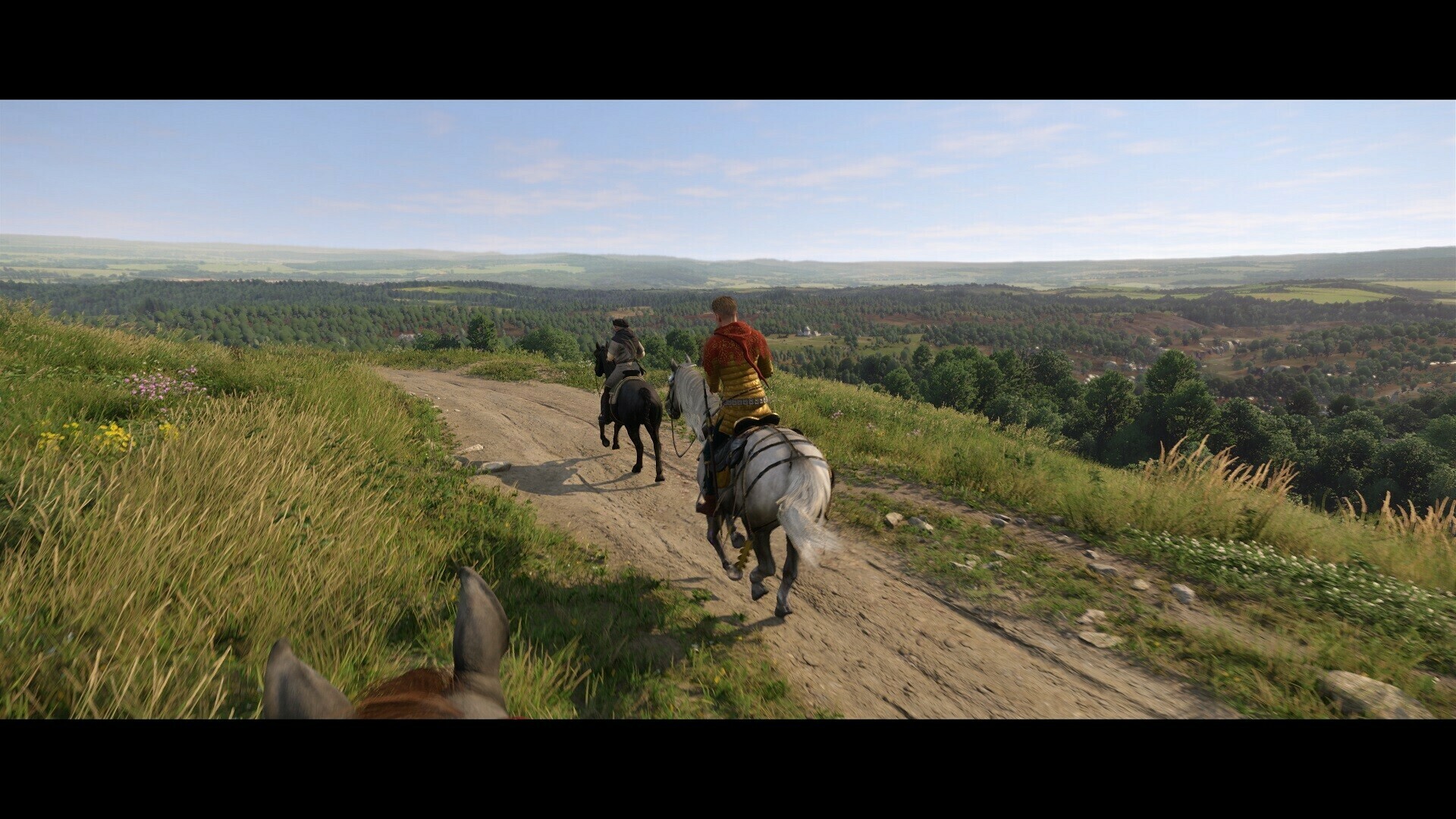
raptorj16 (community member): I only recently played Kingdom Come: Deliverance, entirely in preparation for the sequel. It's one of the best RPGS I've ever played.
Firstly, I'd like to thank the developers for embracing a DRM-free release and for their commitment to modding tools for the community. Will those tools/mods be compatible with the GOG version?
Our goal is to make modding as accessible as possible for all players, including those on GOG. We are working to ensure that the modding tools will be fully compatible with the GOG version.
Mr. OVERKILL (community member): As an Eastern European, I'd like to thank you for absolutely NAILING the visual and ambient feeling of the villages and the plains/forests. This is the ONLY game I know so far that recreates them so faithfully and realistically, so I guess my question would be: How did you do it when nobody else managed to?
No other game gave me a feeling of "I'm back in babushka's village" like KCD did…
Thank you! This level of authenticity is something we take great pride in. Our approach combines extensive historical research, real-world location scouting, and collaboration with historians and reenactors. It’s a huge advantage that all those locations are an hour's drive away from the office, so we really checked every corner, every stone, every tree to make it feel like “at home”.
The goal has always been to recreate not just the look but also the atmosphere of medieval Bohemia, and it’s amazing to hear that it resonates so strongly with you and others 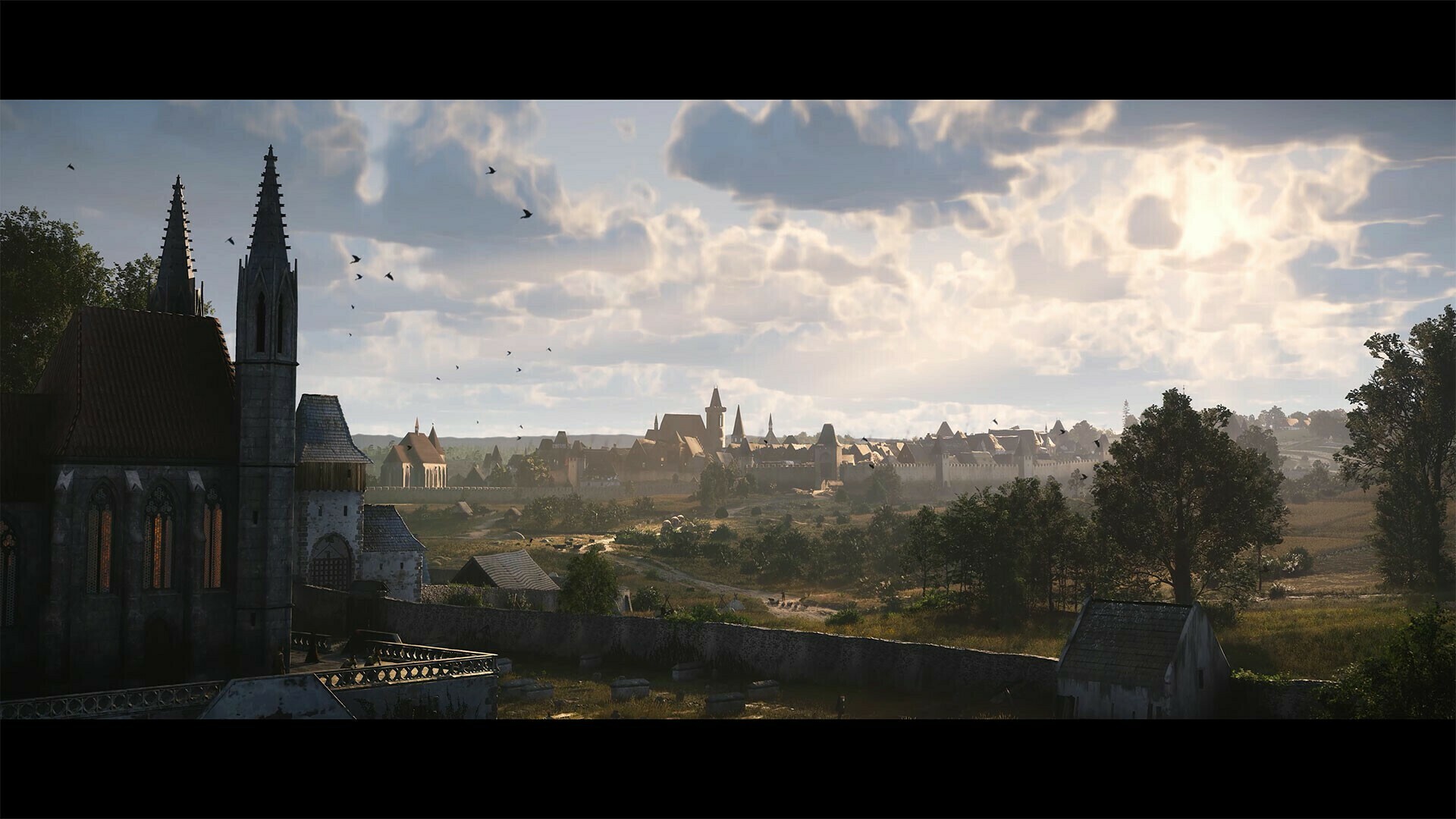
thiagott (community member): Is KCD2 also going to feature a making-of movie?
Ha :) – well, we kind of forgot :)… Sorry… but there are a few “the last days before release” interviews in the making. Some “behind the scenes” stuff from the Motion Capture is already released on our YouTube channel.
nightstrike (community member): I would be interested to know what draws you to support the GOG platform as a primary outlet. We know that some publishers either refrain from publishing here altogether or do it as an afterthought. I would like to know what is working well for the Warhorse Studios team to better understand how to get more studios to do likewise.
We believe in giving players choices (like in a good RPG). Our experience working with GOG has been positive, and it was a no-brainer for us to release the game there as well.
Keihltrein (community member): Was the experience the team had when making the previous game the primary motivation to keep using CryEngine, or even despite that you feel it’s a better engine to do the work the game demands, compared to the alternatives?
A bit of both. Our familiarity with CryEngine allows us to build on what we have already learned, making development more efficient – also, we’ve made significant improvements to the engine to better suit our needs. At the same time, CryEngine remains a powerful tool for creating the kind of highly detailed, immersive environments that define Kingdom Come.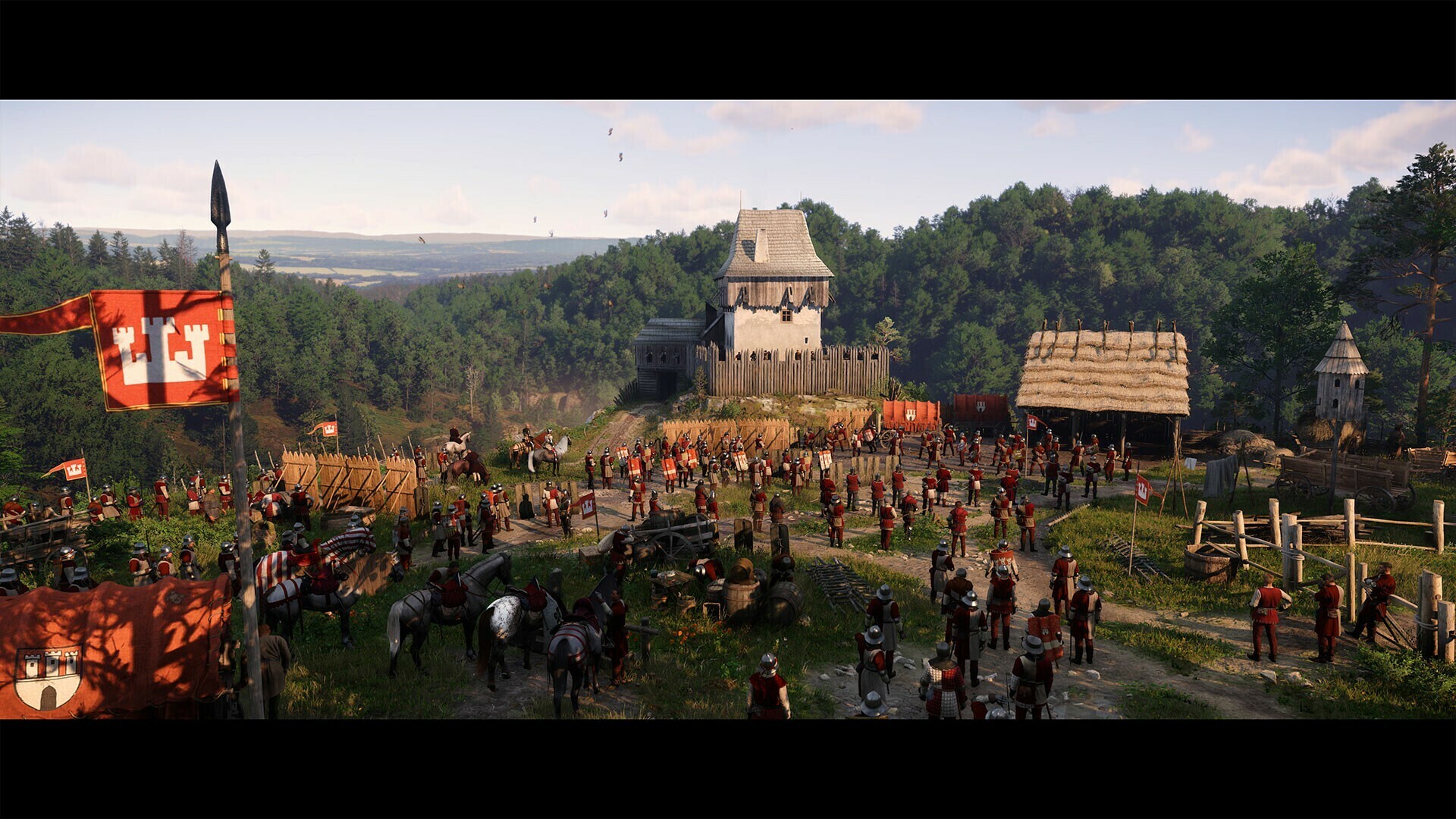
aki_yoooo (community member): We have a great guest appearance by Polish Komar in the game. So, I would like to ask you about my humble idea, similar to the case above:
One of the creators of the Interslavic language comes from the Czech Republic (Mr Vojtěch Merunka). I think it would be a really interesting experience if we could someday also see and hear, maybe in a DLC to KCD2 or in the next game, some side quest, which could be dubbed in the Interslavic language as a part of popularizing Slavic (including Czech) culture. What do you think about that kind of idea?
That’s a very interesting idea! Language and dialects are an important part of immersion, and something like this could be a fascinating experiment – but it is also a very modern construct/approach. PS: Komar is the best!!!
Whodares2 (community member): I am curious to know what some of the major differences were in the design approach from the first game to this one. What were some of the more valuable lessons learned from designing the first game that were either implemented or avoided during the creation process for KCD2? Thank you.
We learned a lot from KCD1, especially in terms of player expectations and game mechanics. One major lesson was how to better balance realism and accessibility. We refined combat to be more intuitive while keeping its depth, improved quest design to allow for more player agency, and optimized performance from the start to avoid some of the technical issues we faced in KCD1.
We also put more effort into making the world feel even more alive with better NPC interactions and dynamic events. And the quests are simply better :) – deeper, darker, but also more humorous and goofier :)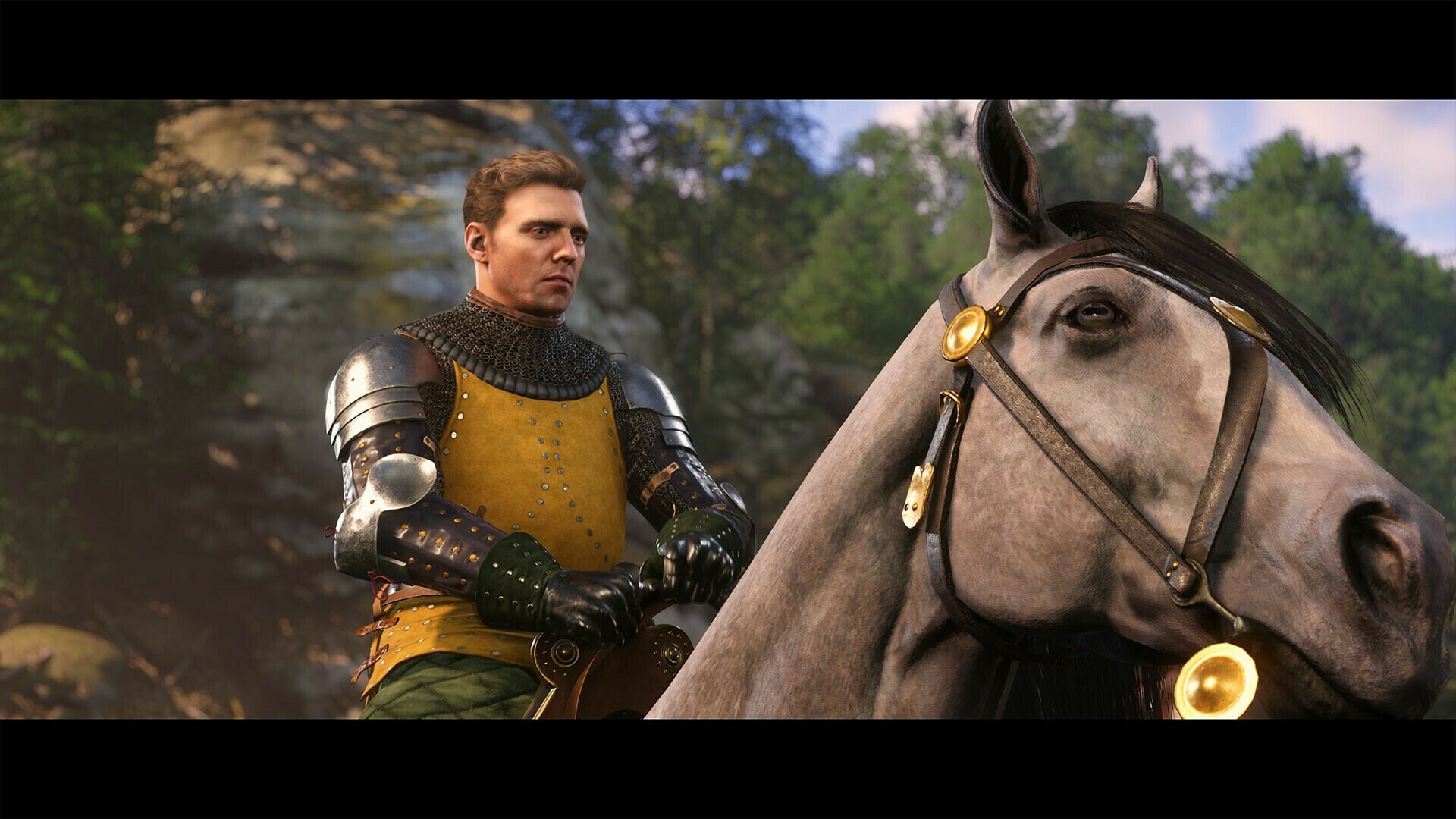
Dikkun | musoukkun (community member): I've seen that KCD2 has some pretty good easter eggs, and I'm always amazed by the creativity of those. How do you decide where you're going to place them and how to access them? Is it a team effort or more of a single-person thing?
No one knows; that’s the good and bad thing about it. Our devs placed them left and right without having a list or something – so believe me guys, we are exploring them pretty much with you!
Anything you’d like to say to our community before they dive into KCD2?
First of all, thank you! Whether you’ve been with us since KCD1 or are joining for the first time, we appreciate every single one of you. Kingdom Come: Deliverance 2 is our biggest and most ambitious game yet, and we can’t wait for you to experience all the stories, challenges, and surprises it has to offer.
Enjoy the adventure, and remember – save your schnapps, keep your sword sharp, and always check your pockets after dealing with random encounters!
We’d like to thank Warhorse Studios for all their thoughtful answers—and most importantly, for being amazing partners and developers.
Now, if you’ll excuse us, the whole company is off to play Kingdom Come: Deliverance II—and we strongly recommend you do the same!
Have a great one, everyone.










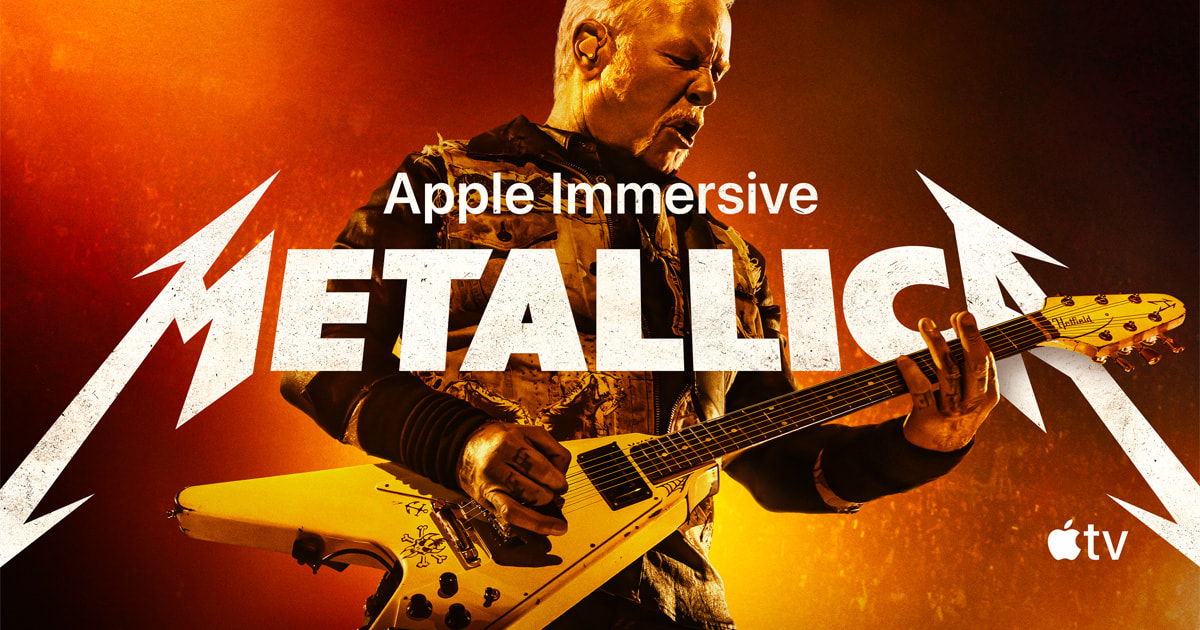
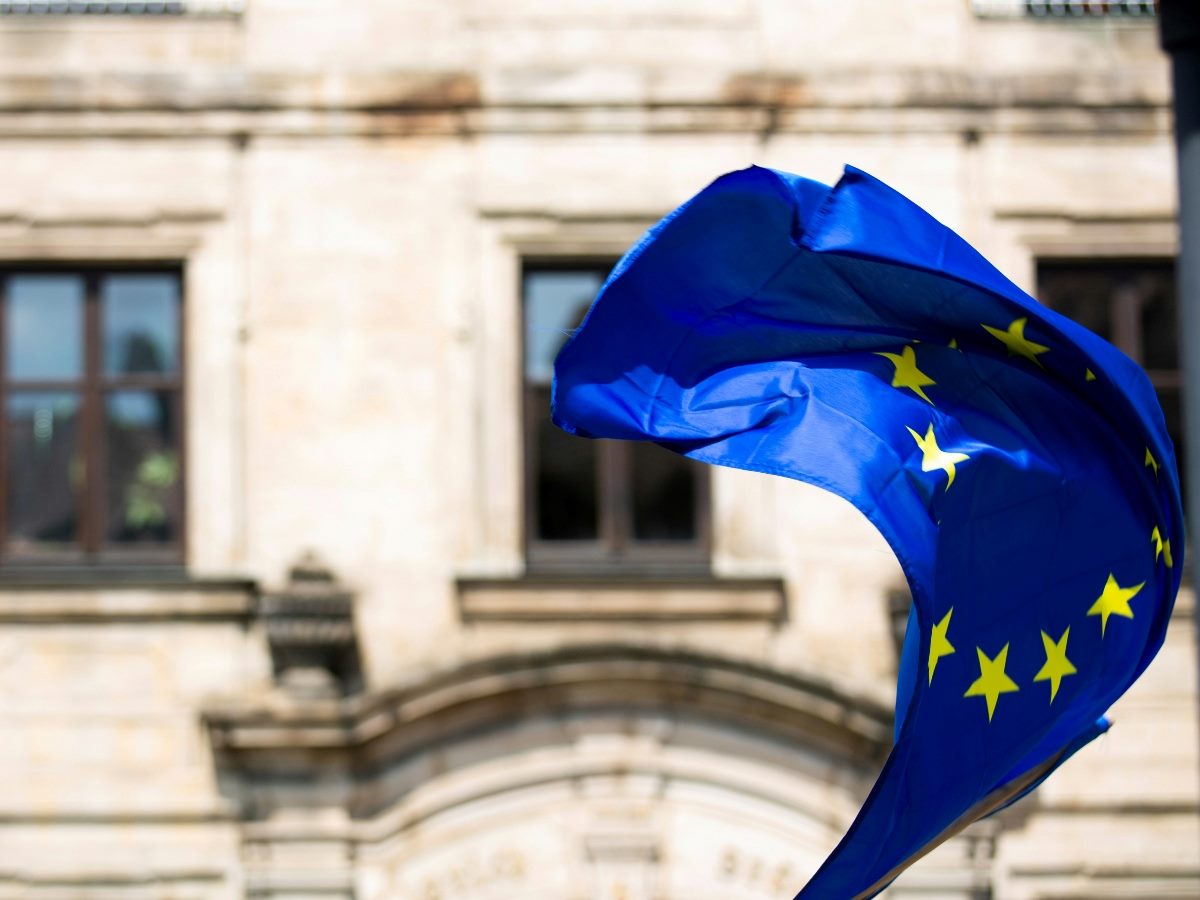

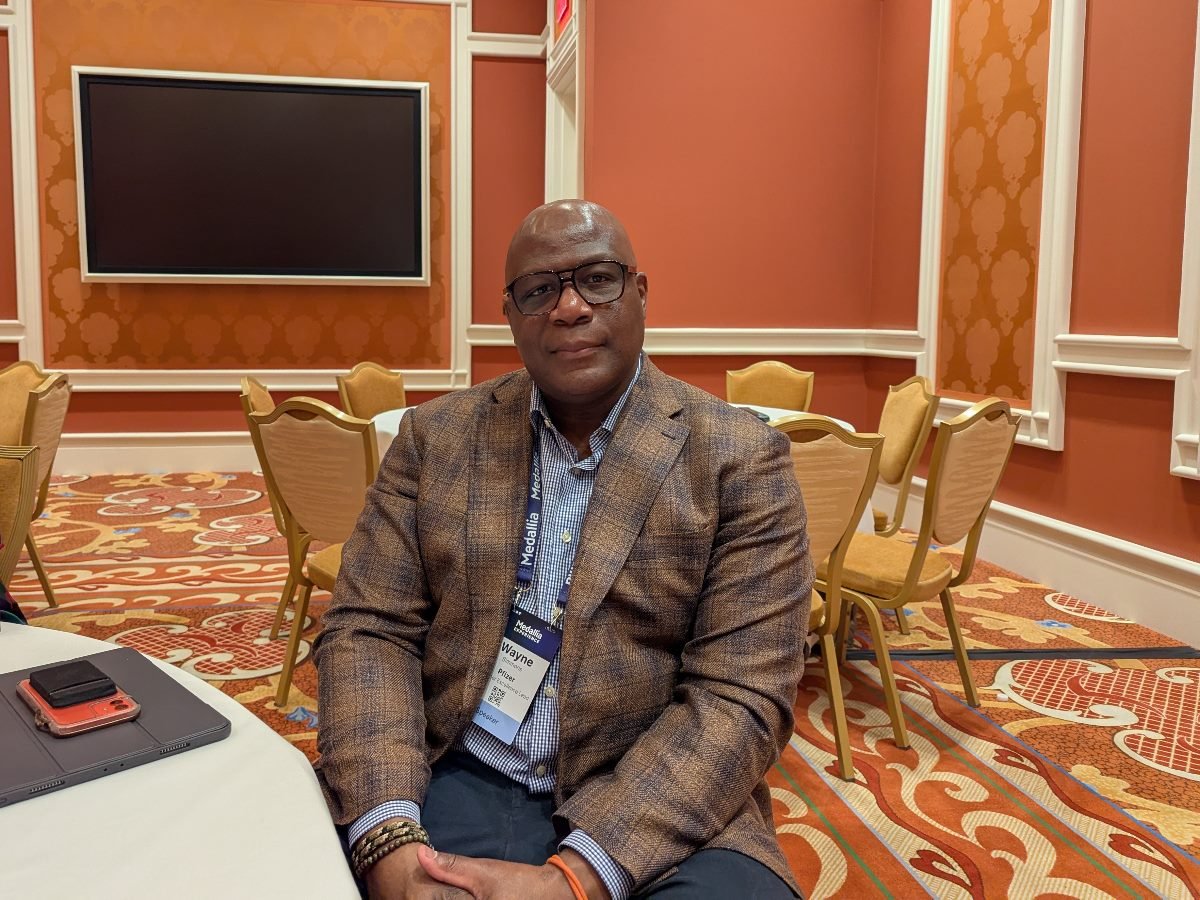








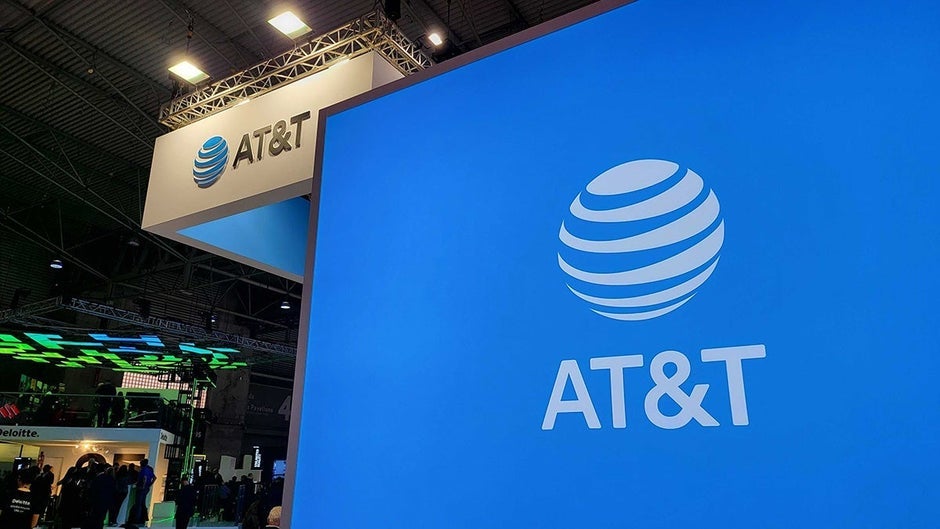






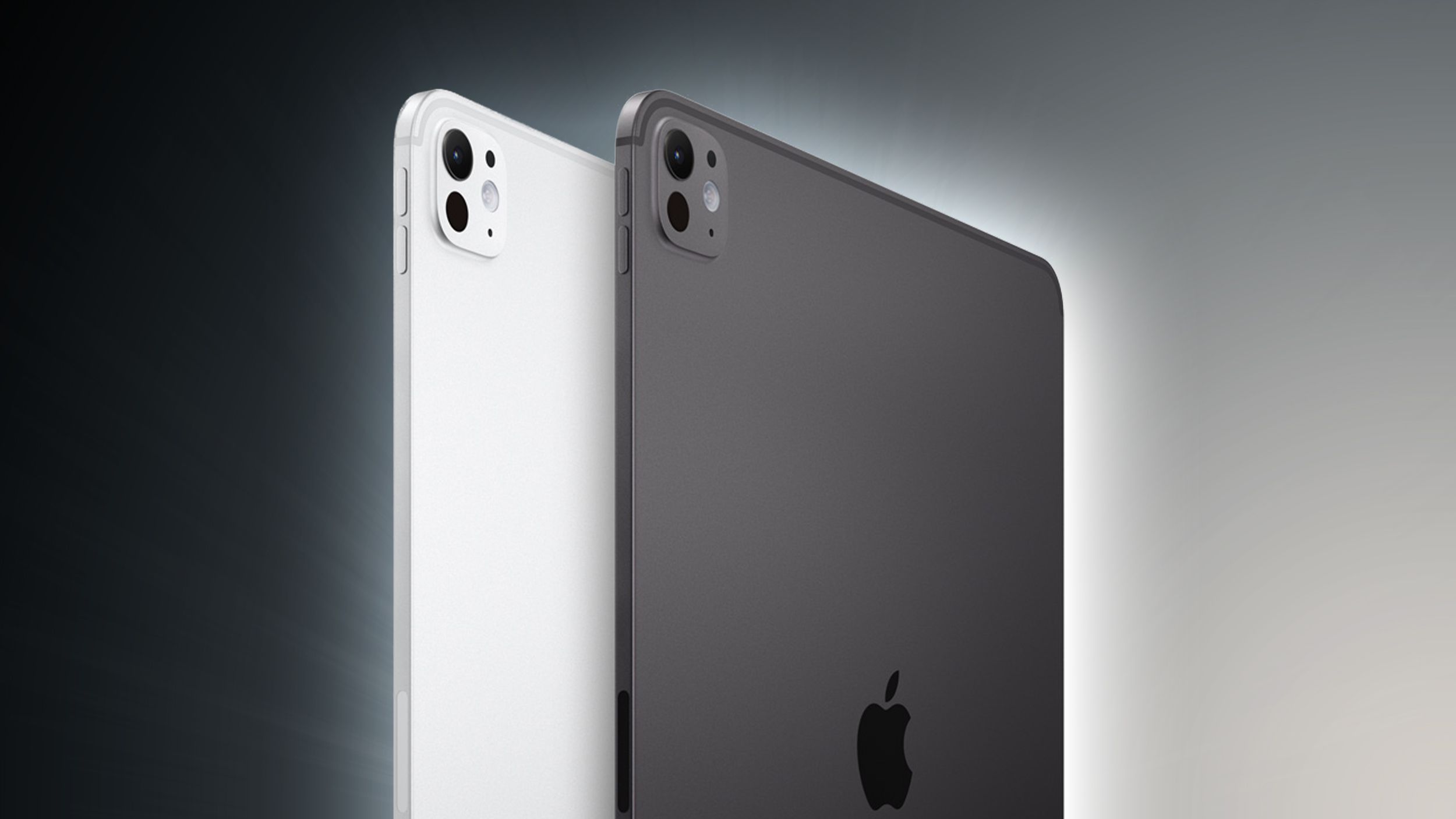














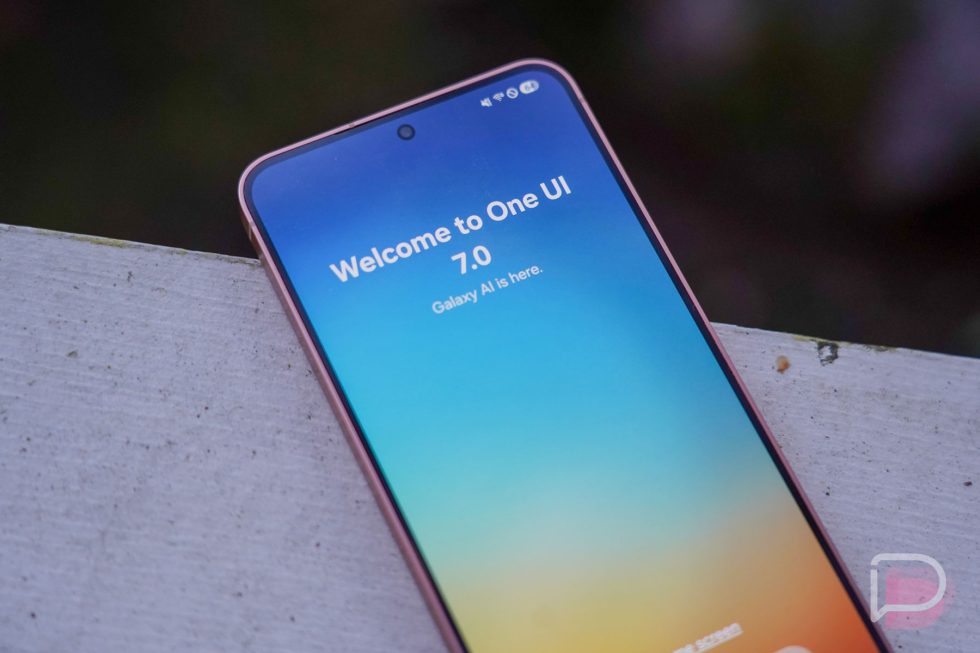






















![Apple's M5 iPad Pro Enters Advanced Testing for 2025 Launch [Gurman]](https://www.iclarified.com/images/news/96865/96865/96865-640.jpg)
![M5 MacBook Pro Set for Late 2025, Major Redesign Waits Until 2026 [Gurman]](https://www.iclarified.com/images/news/96868/96868/96868-640.jpg)
![Apple to Revamp Health App with AI-Powered Doctor [Gurman]](https://www.iclarified.com/images/news/96870/96870/96870-640.jpg)

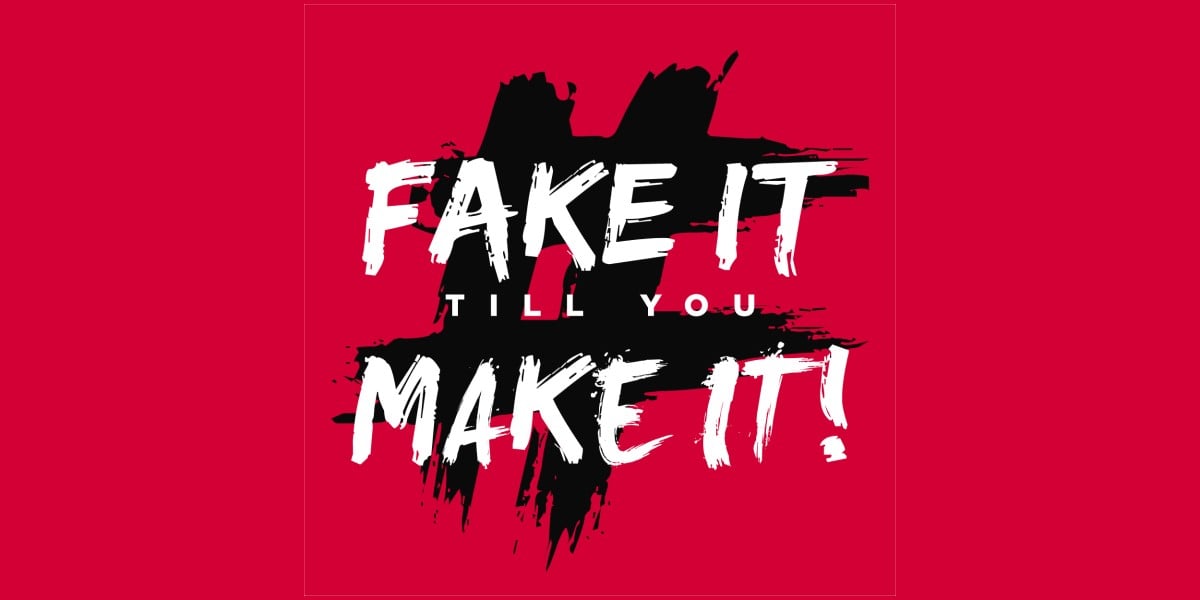








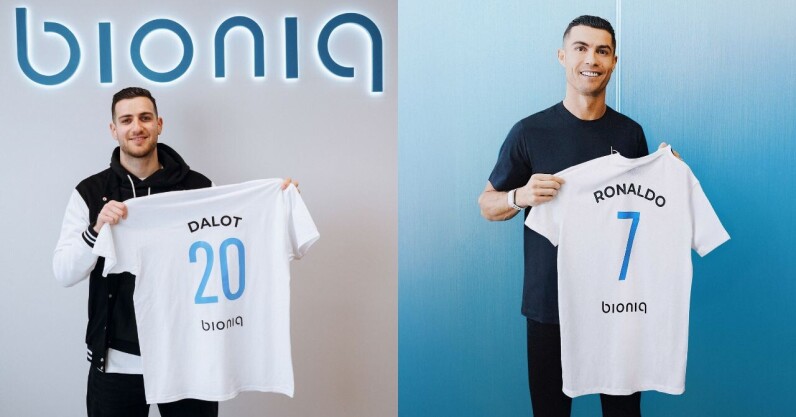



![What Google Messages features are rolling out [March 2025]](https://i0.wp.com/9to5google.com/wp-content/uploads/sites/4/2023/12/google-messages-name-cover.png?resize=1200%2C628&quality=82&strip=all&ssl=1)





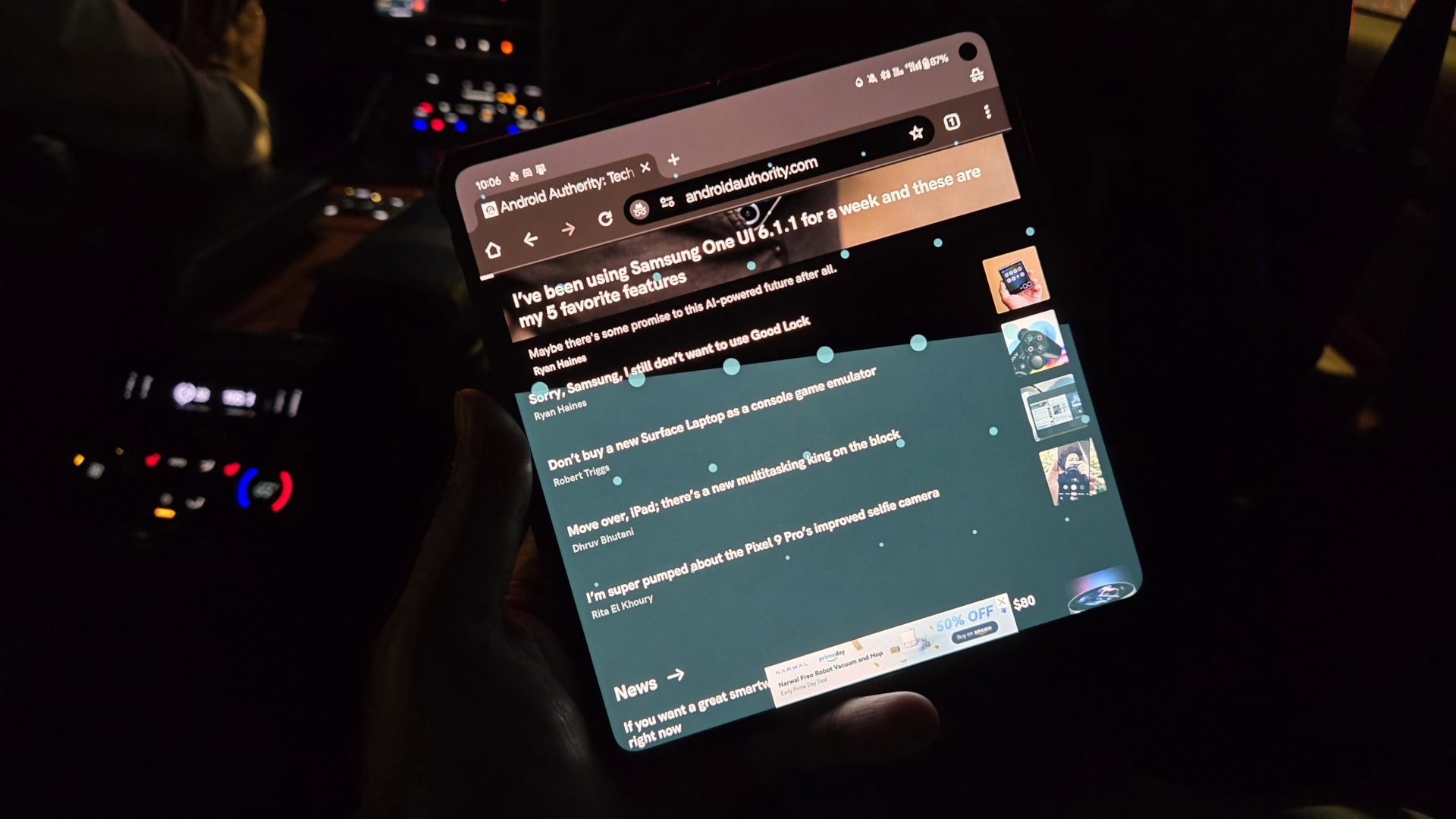

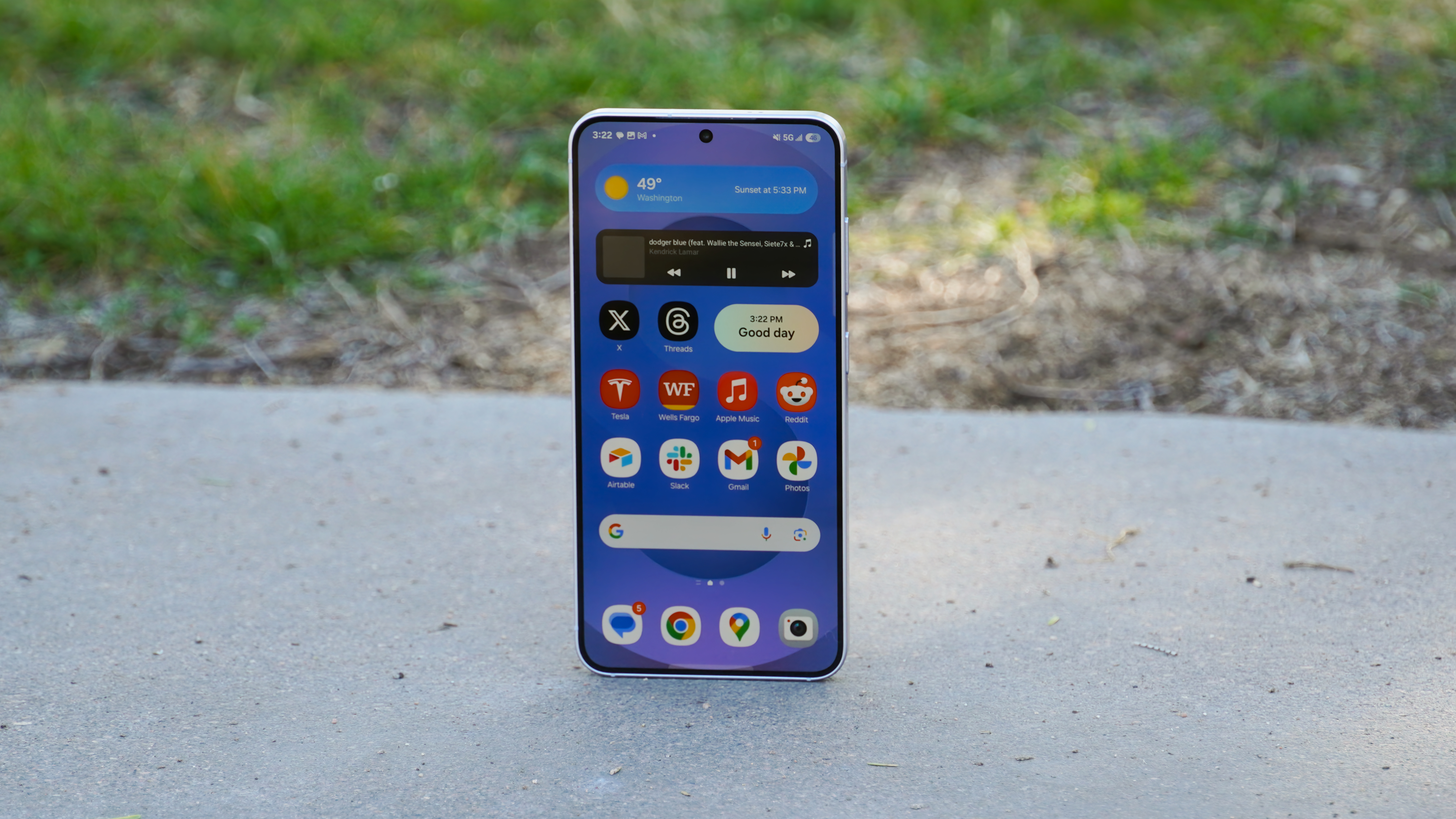


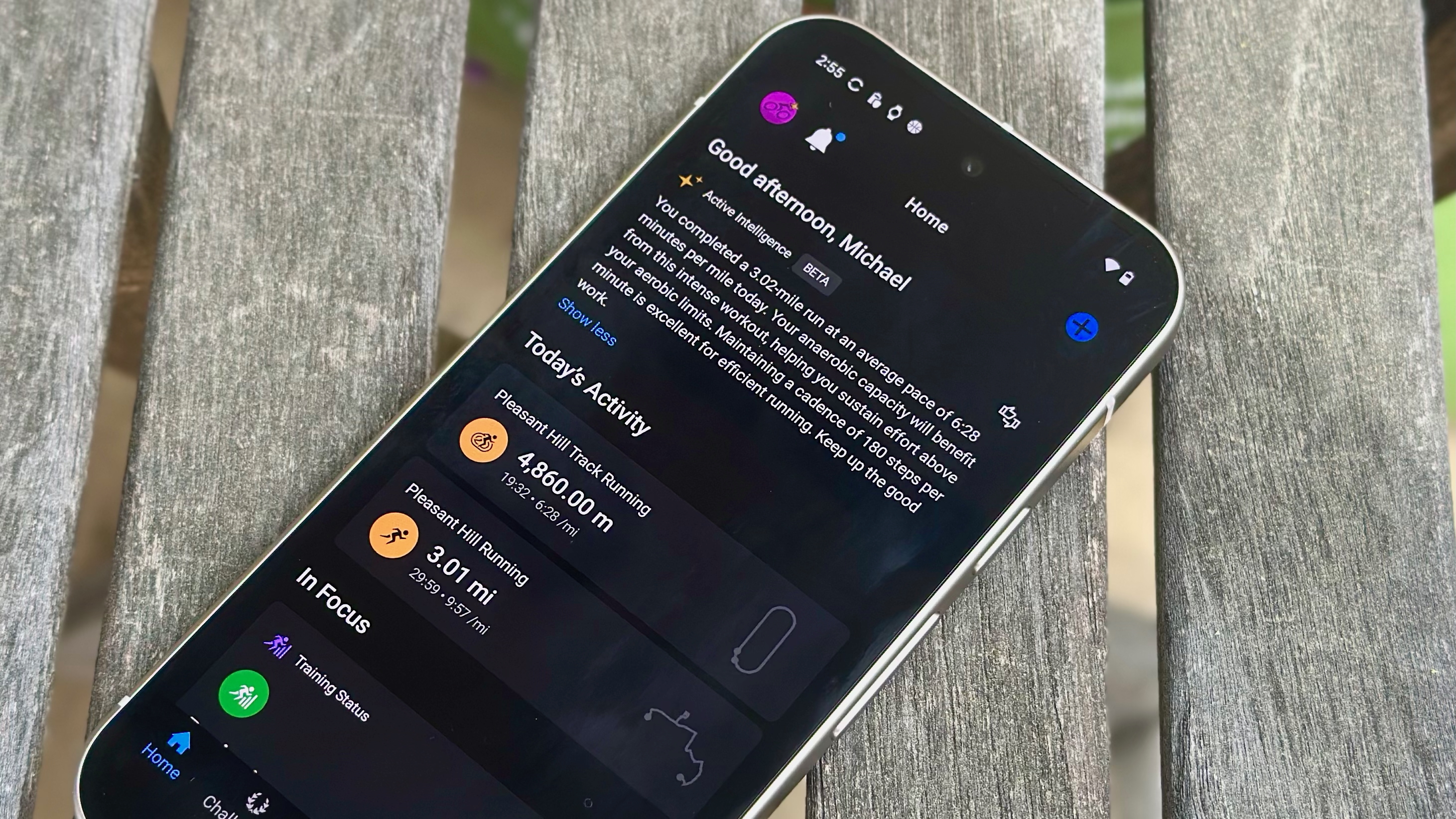
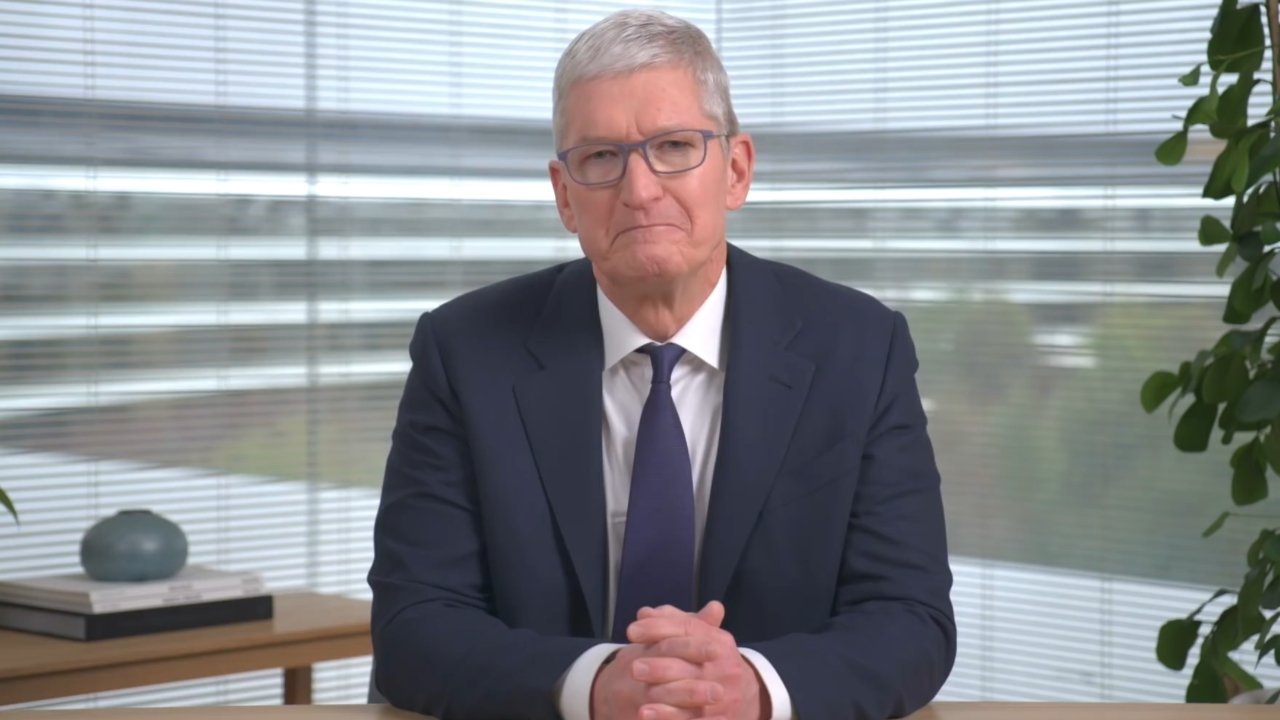
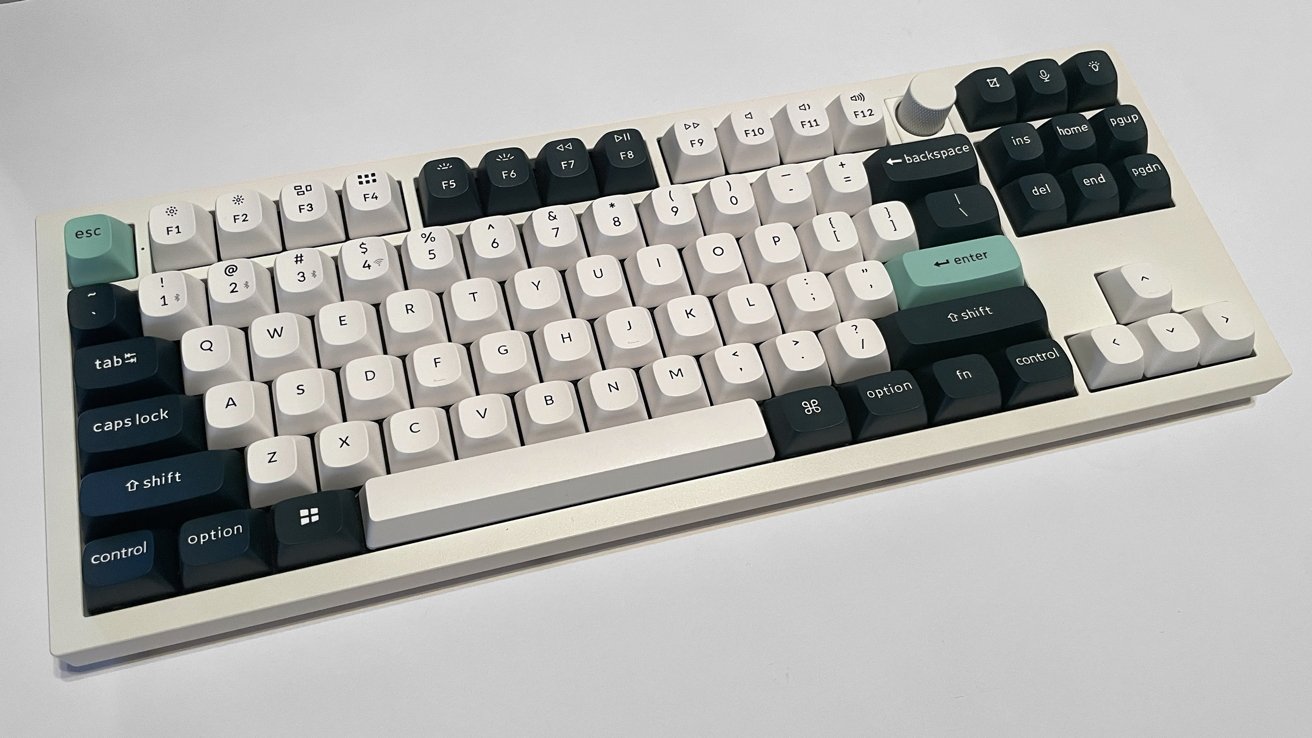

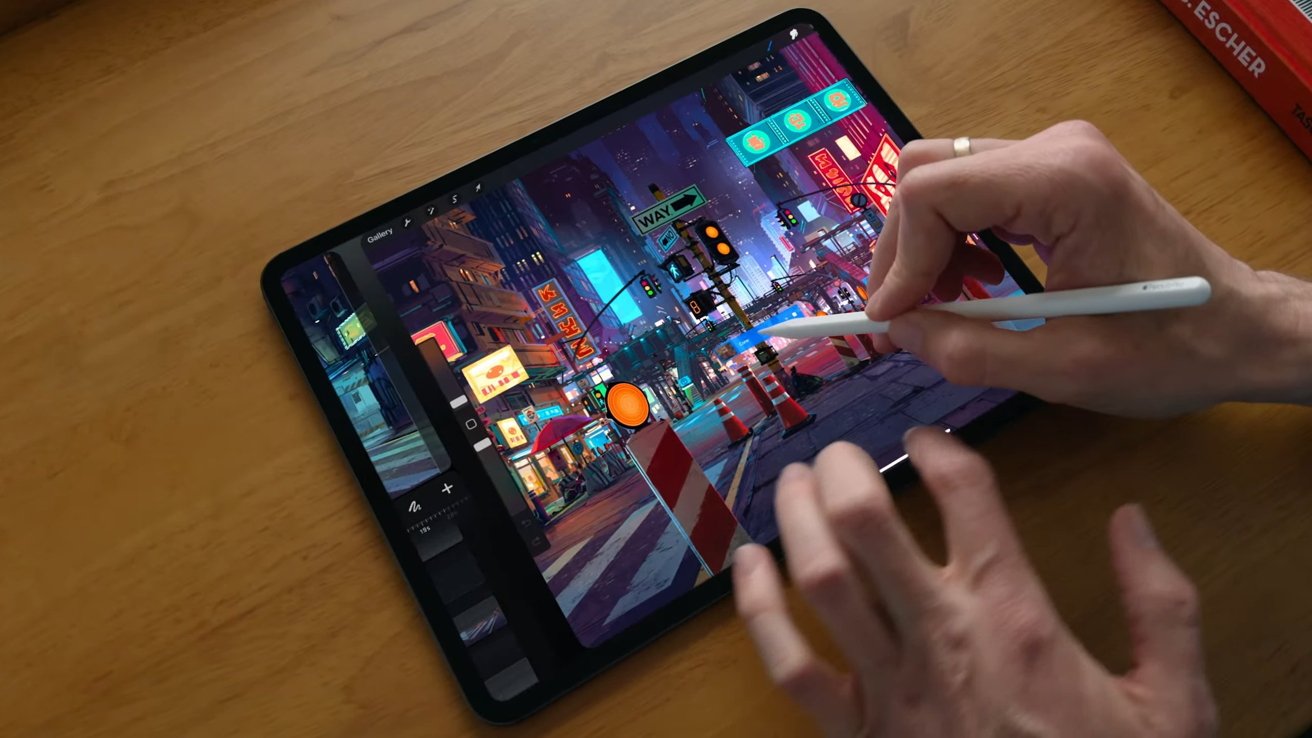
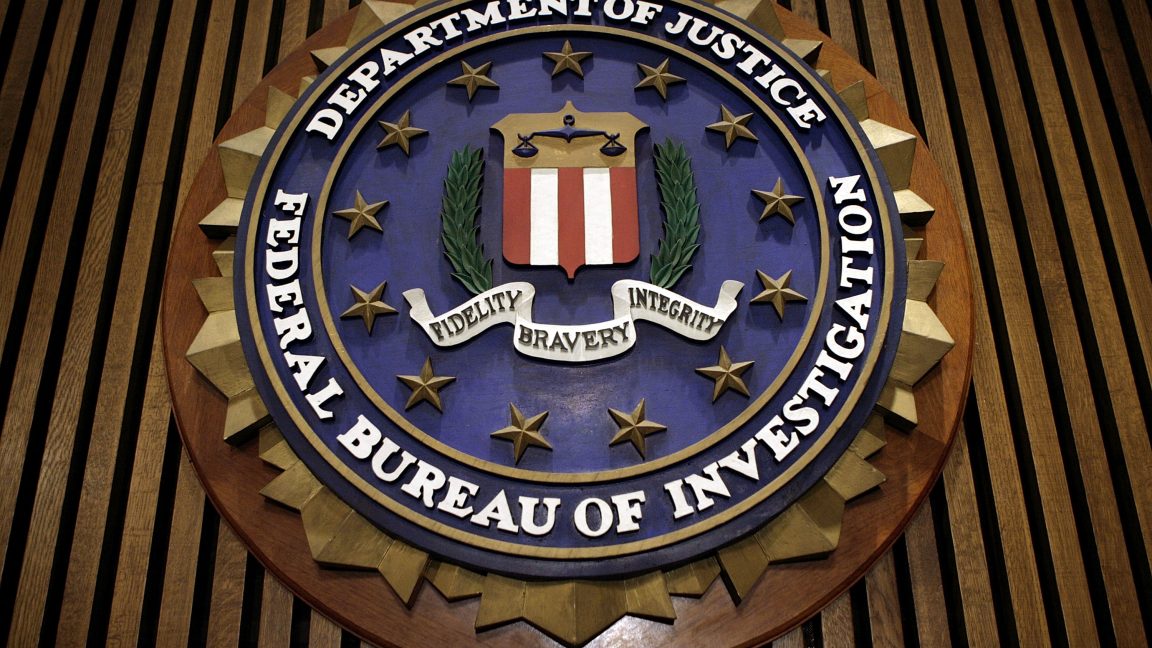
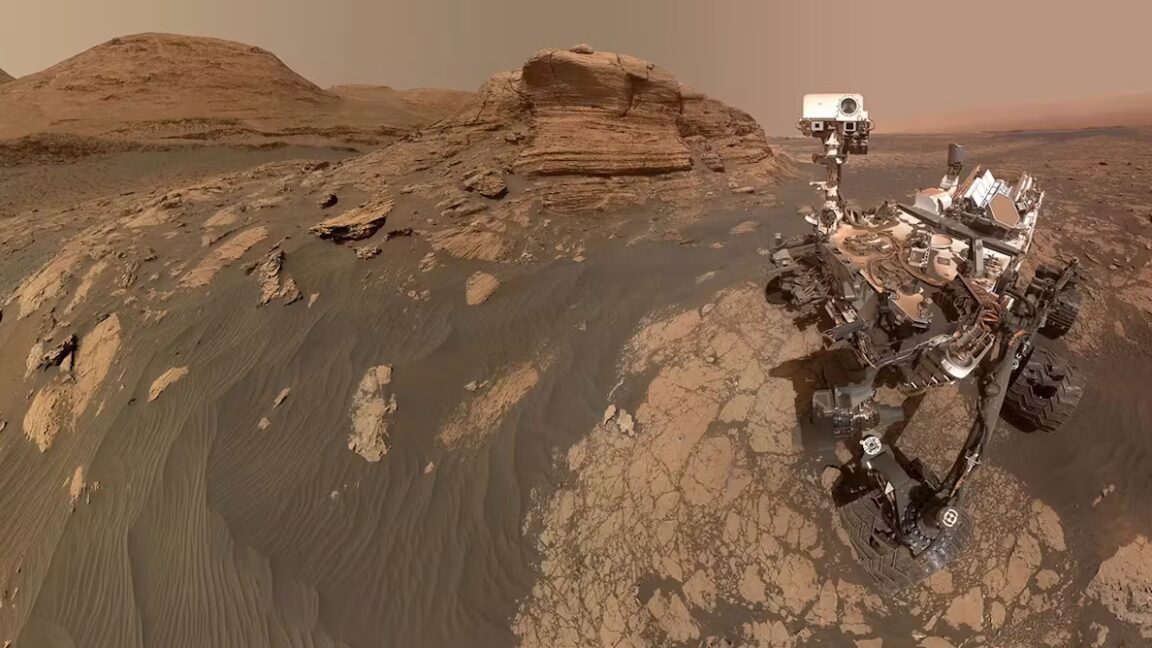






















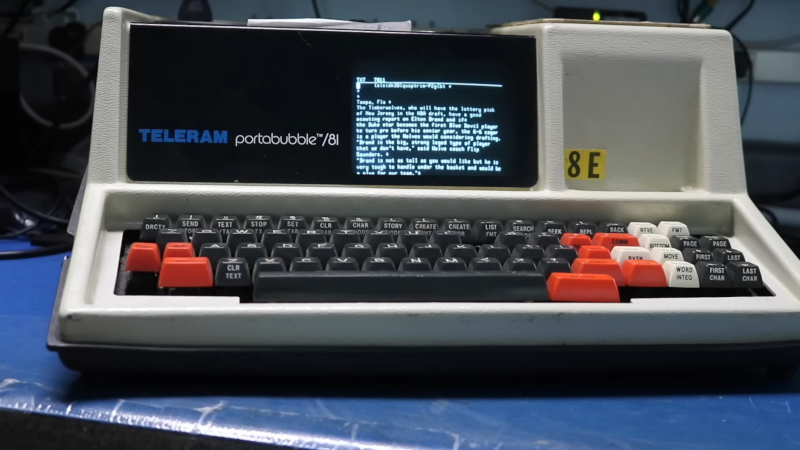
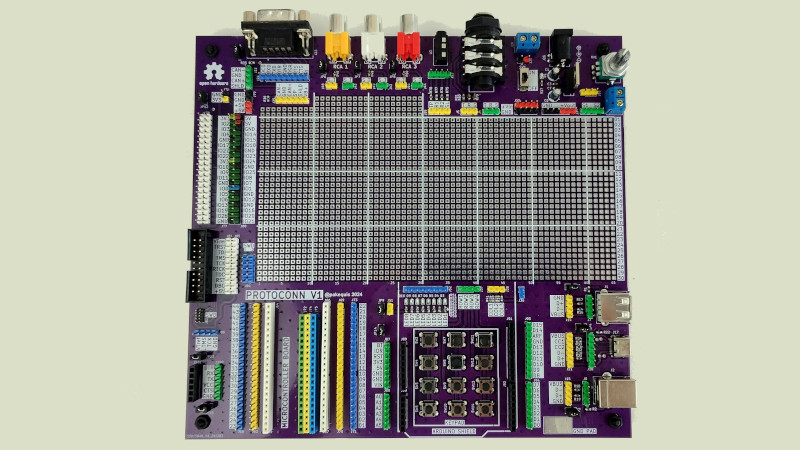
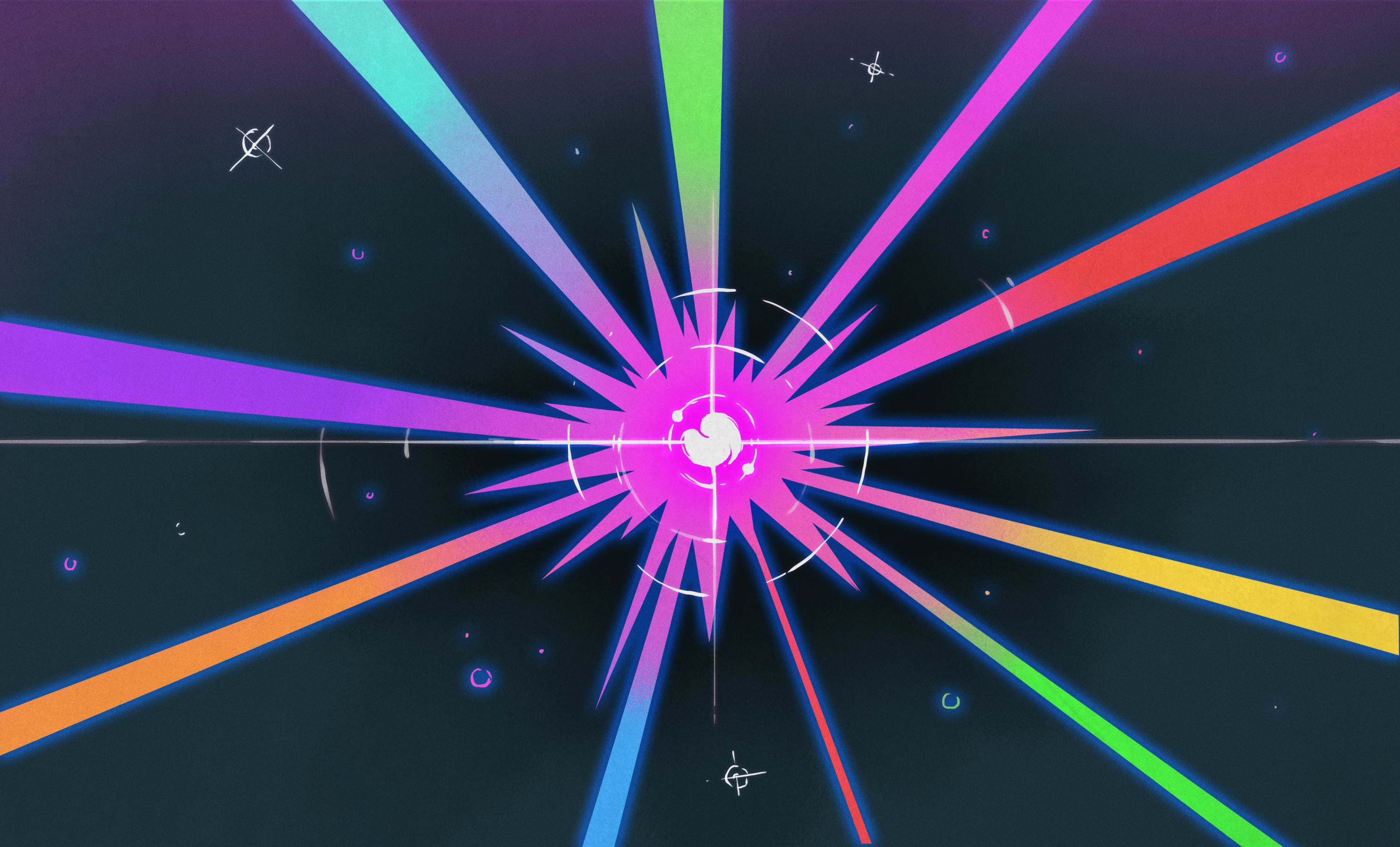















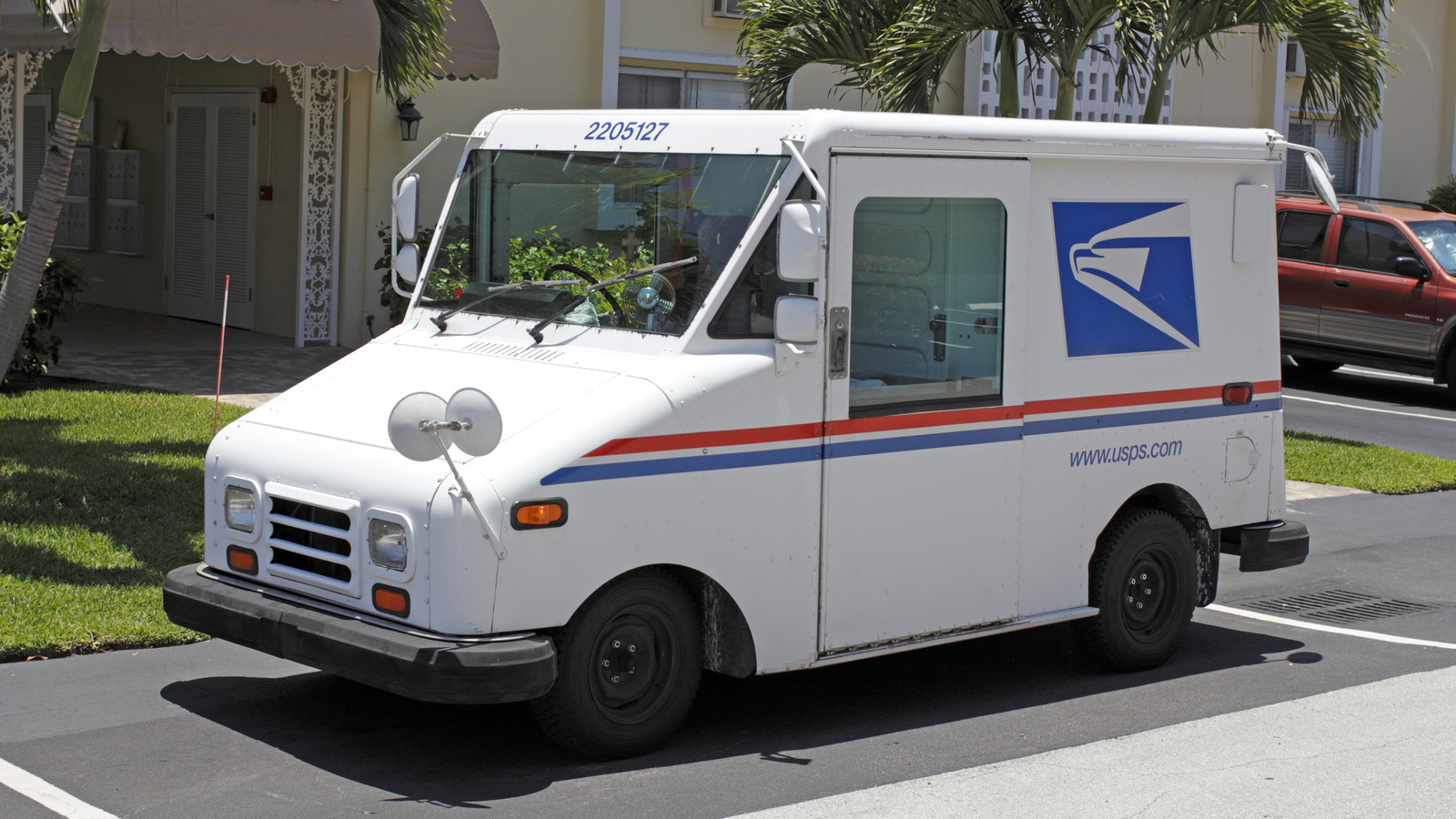























































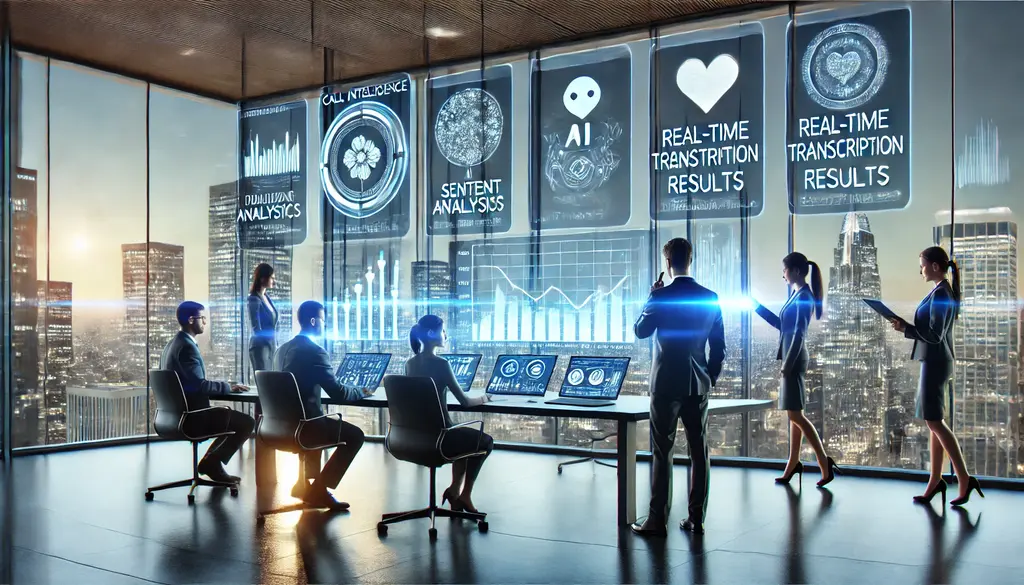













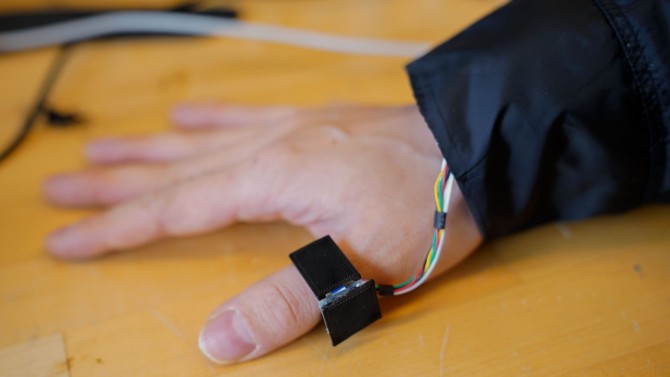
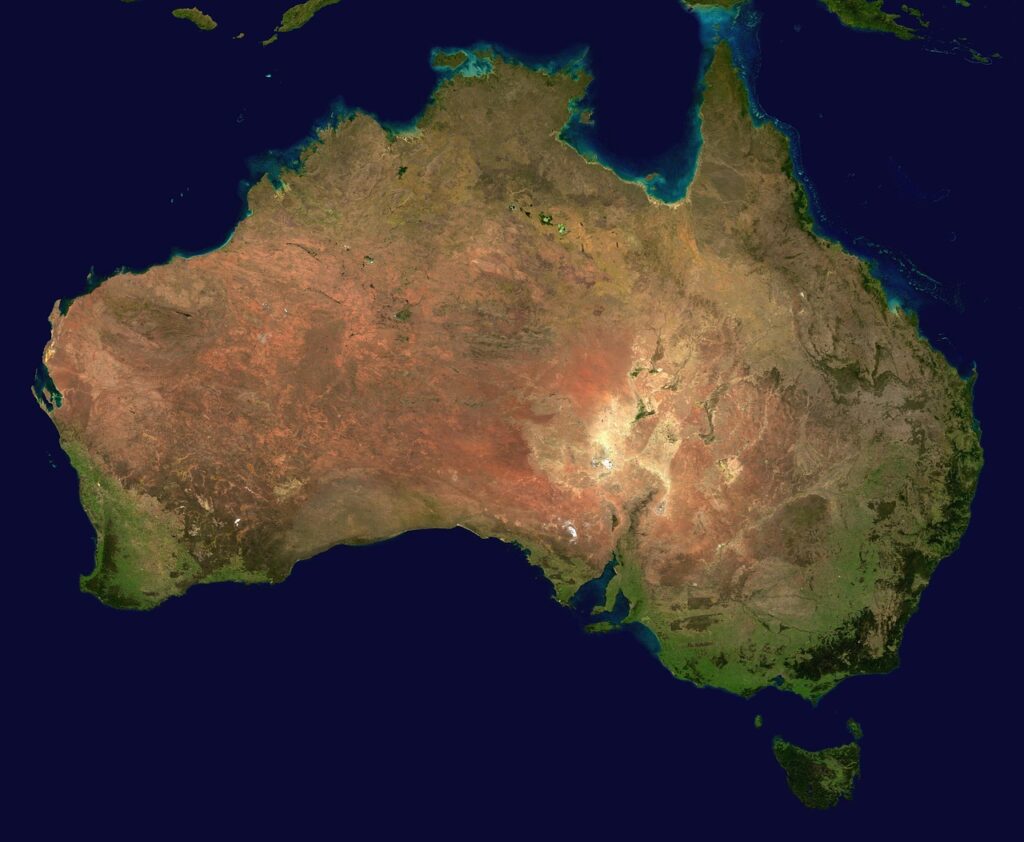
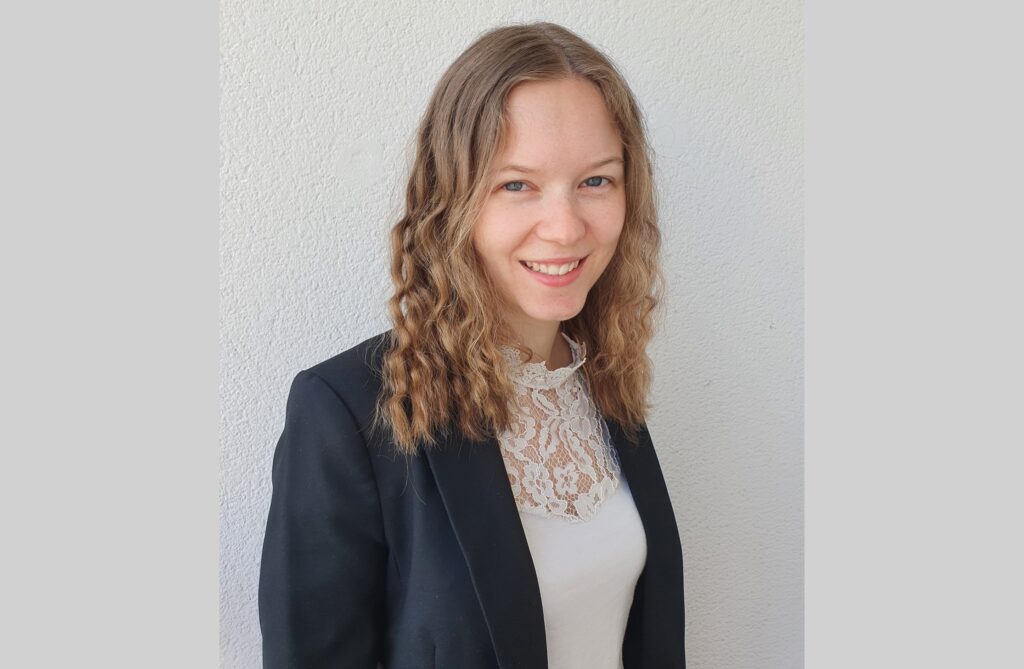



























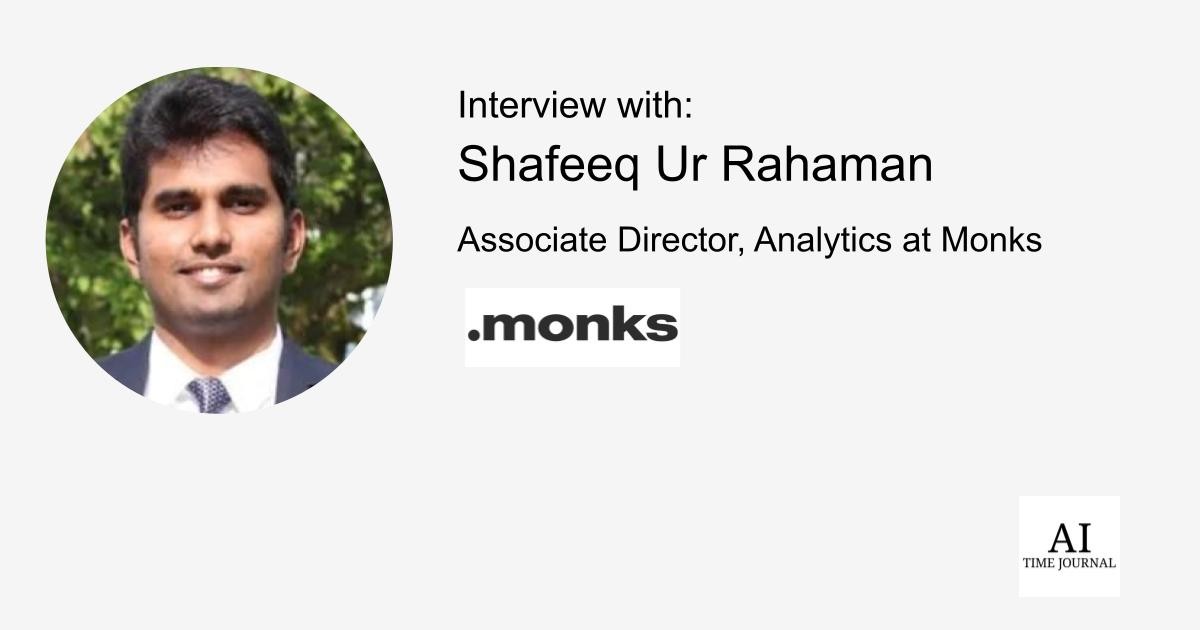




![[The AI Show Episode 141]: Road to AGI (and Beyond) #1 — The AI Timeline is Accelerating](https://www.marketingaiinstitute.com/hubfs/ep%20141.1.png)
![[The AI Show Episode 140]: New AGI Warnings, OpenAI Suggests Government Policy, Sam Altman Teases Creative Writing Model, Claude Web Search & Apple’s AI Woes](https://www.marketingaiinstitute.com/hubfs/ep%20140%20cover.png)
![[The AI Show Episode 139]: The Government Knows AGI Is Coming, Superintelligence Strategy, OpenAI’s $20,000 Per Month Agents & Top 100 Gen AI Apps](https://www.marketingaiinstitute.com/hubfs/ep%20139%20cover-2.png)
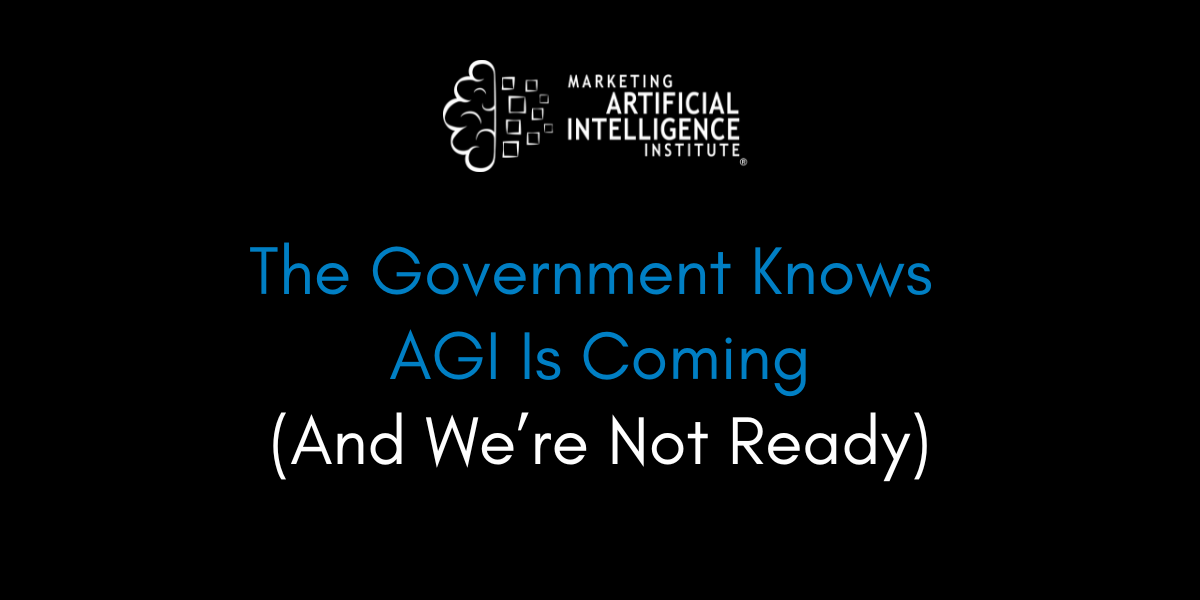



































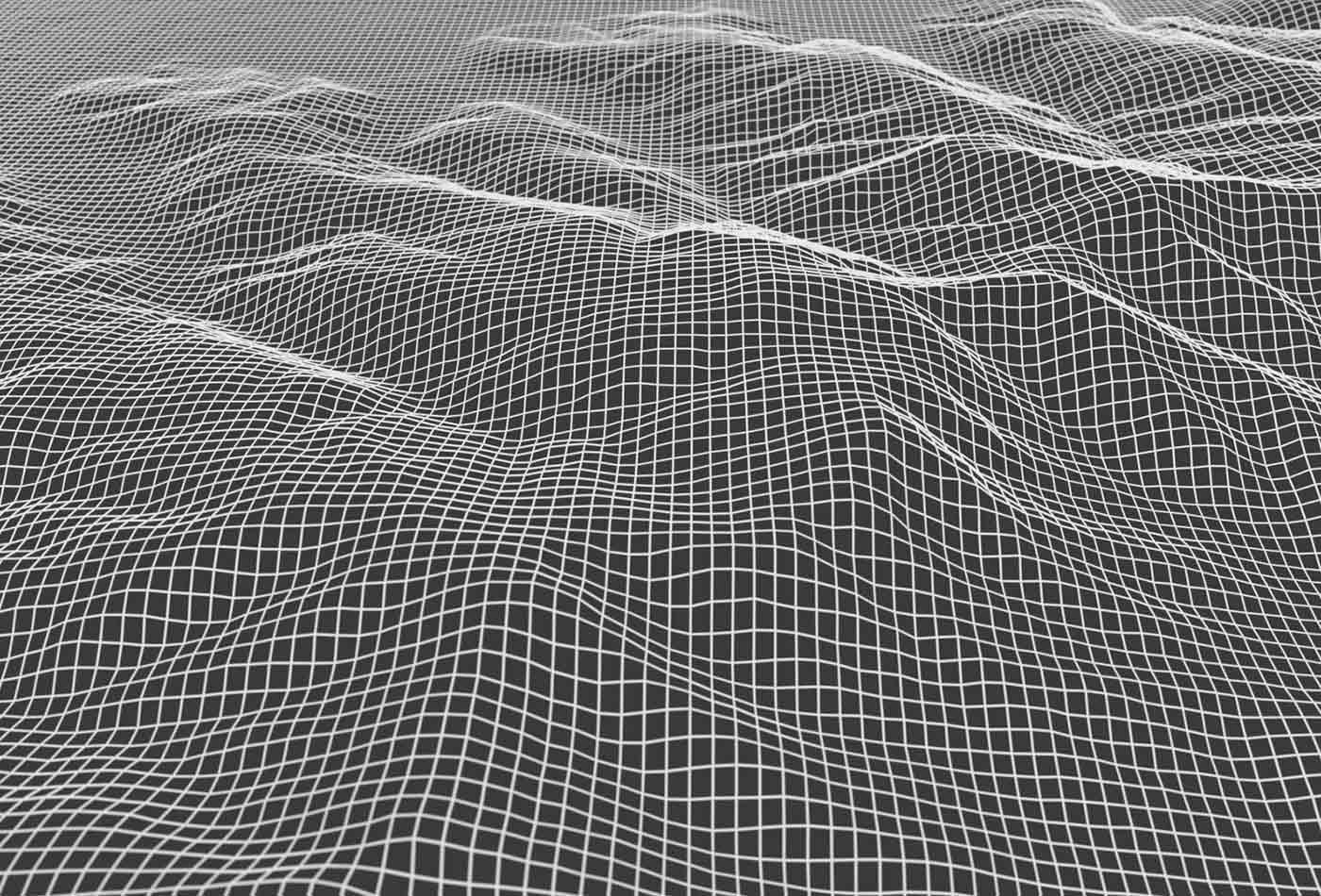





















































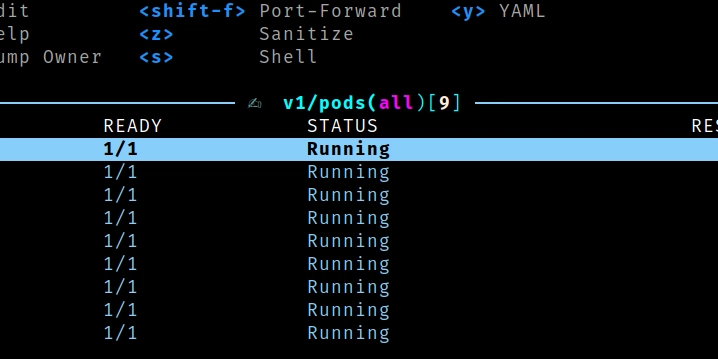

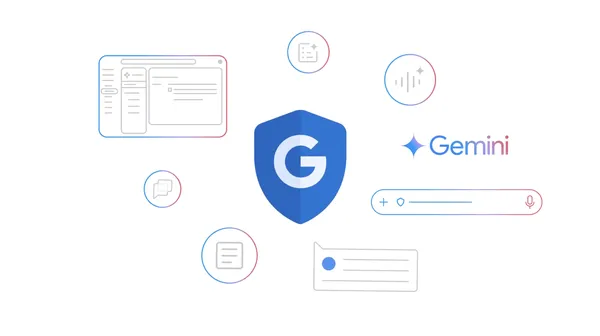

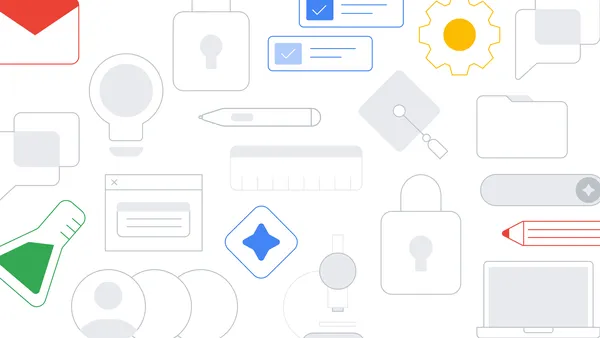





















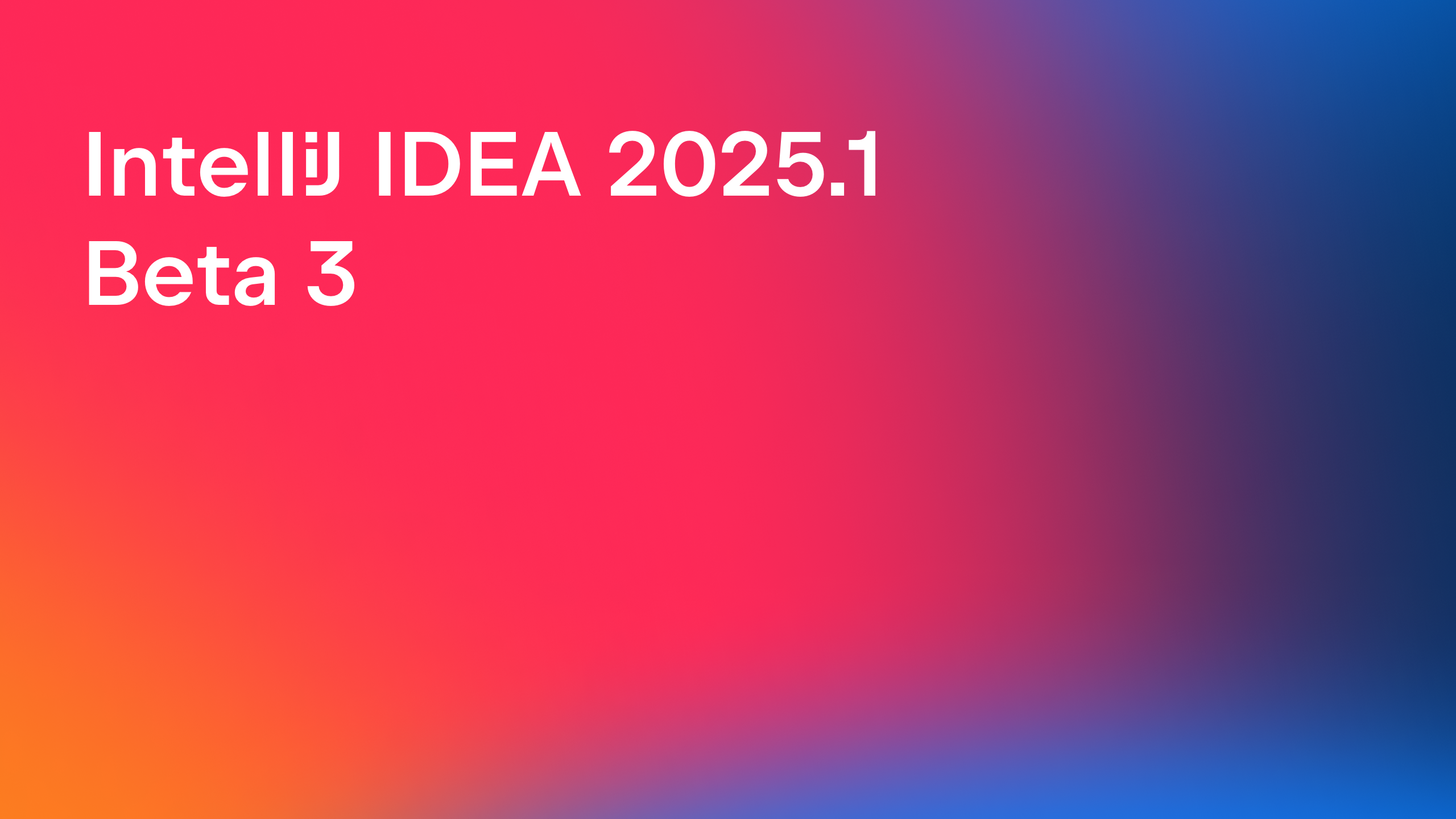

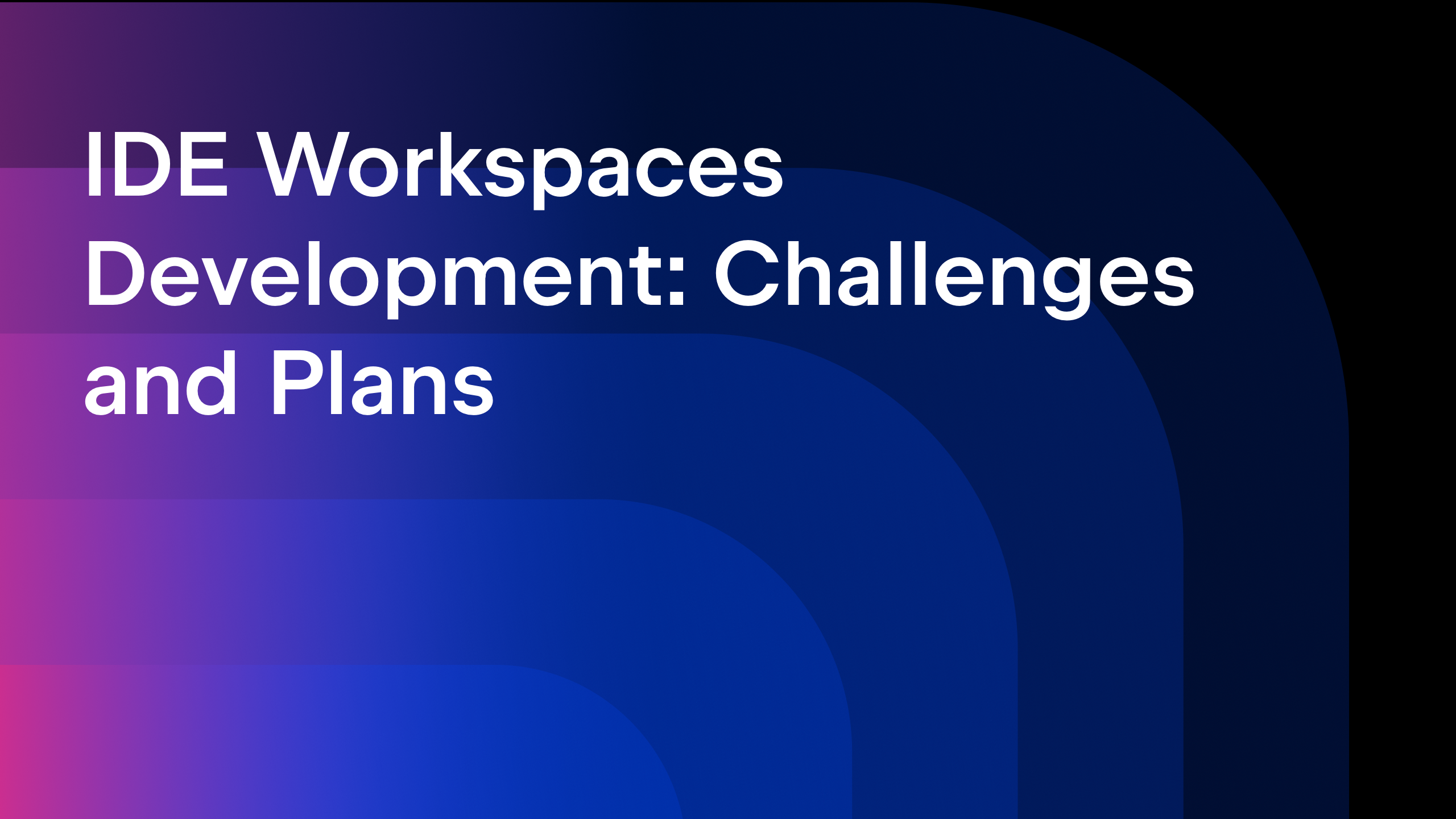







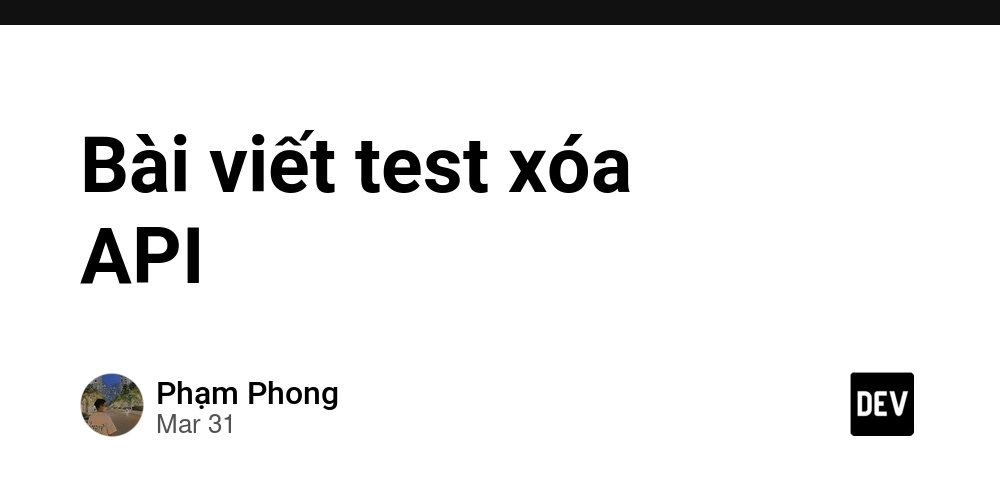

![From broke musician to working dev. How college drop-out Ryan Furrer taught himself to code [Podcast #166]](https://cdn.hashnode.com/res/hashnode/image/upload/v1743189826063/2080cde4-6fc0-46fb-b98d-b3d59841e8c4.png?#)

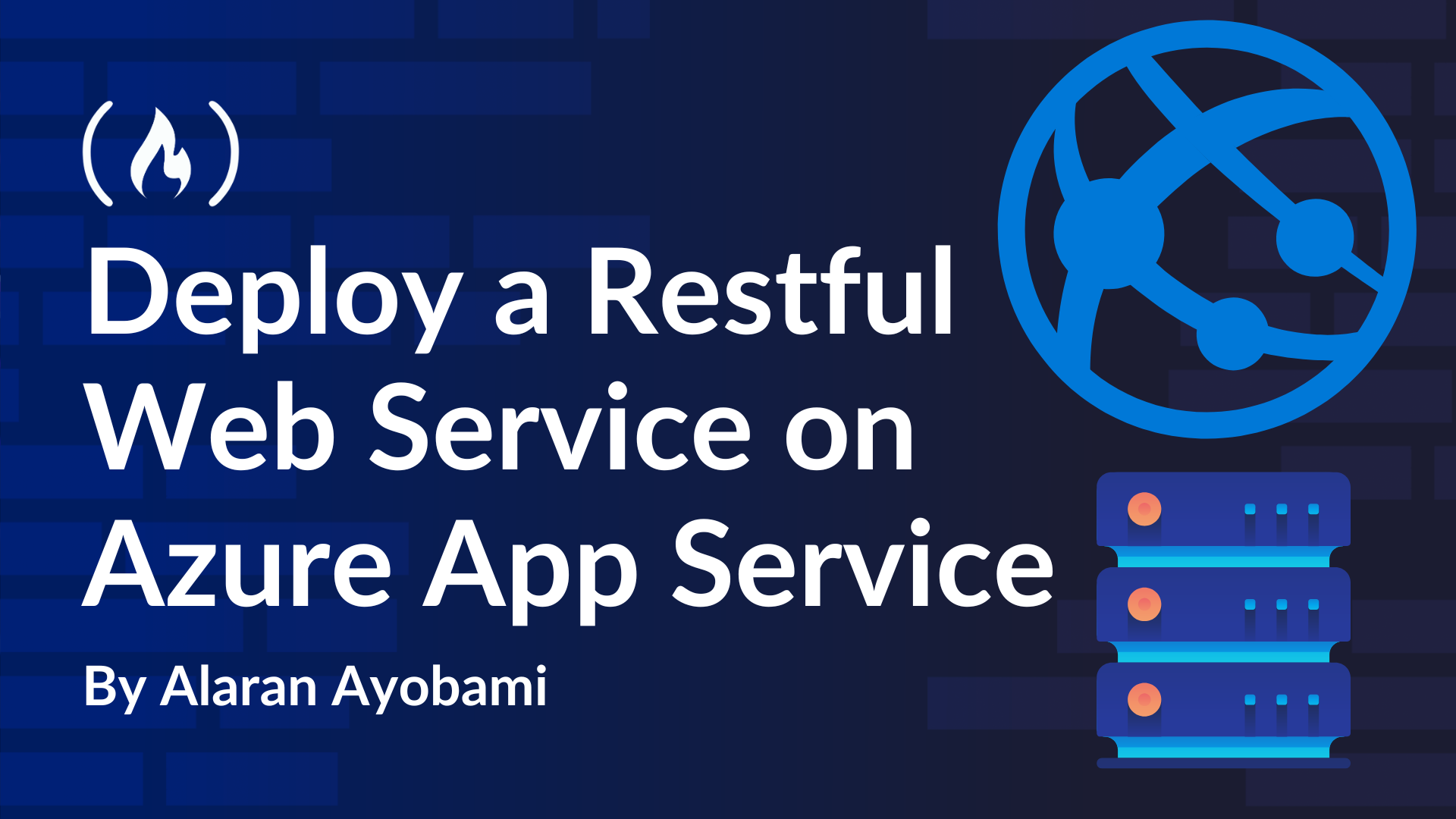
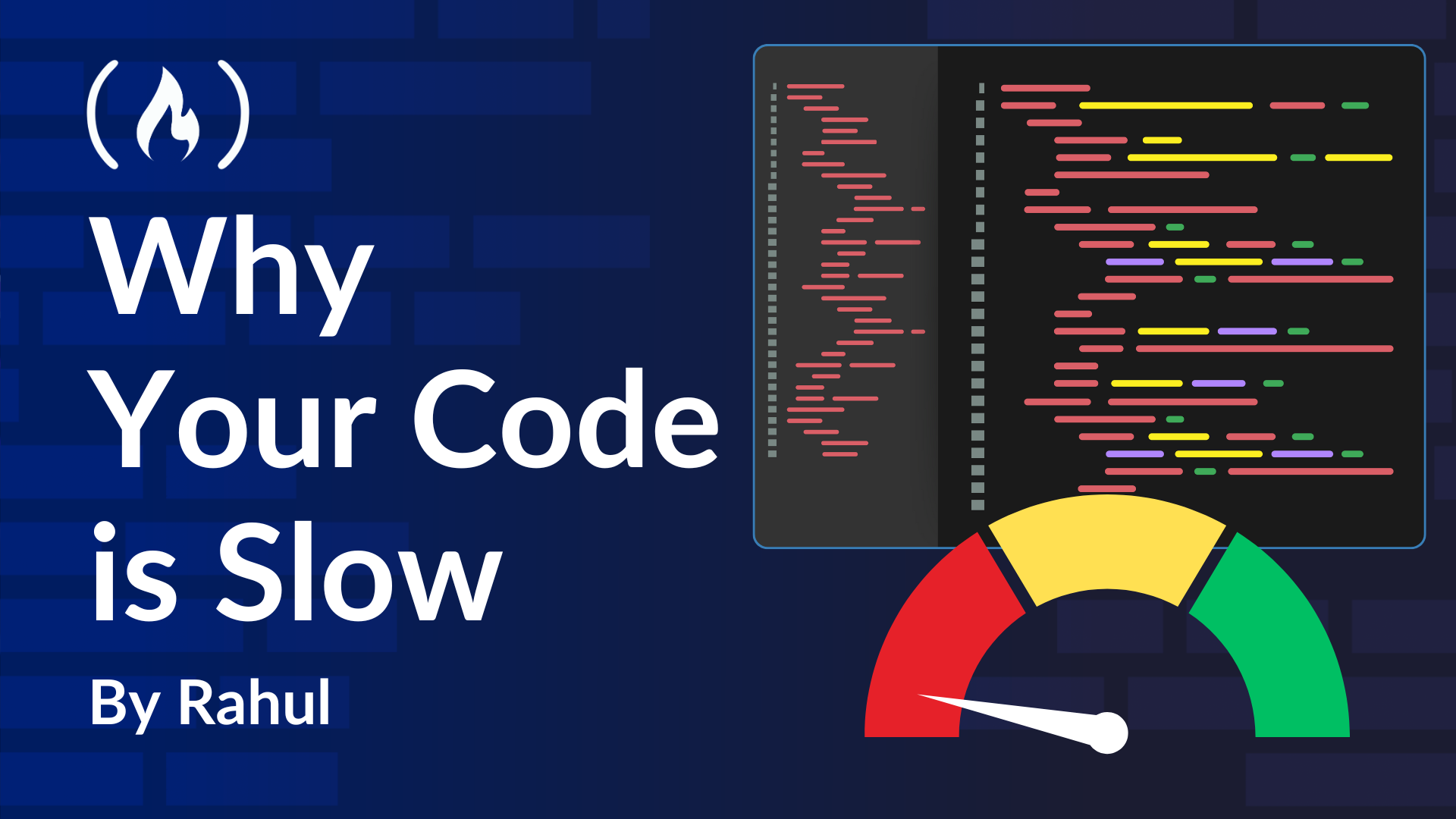

![[FREE EBOOKS] The Ultimate Linux Shell Scripting Guide, Artificial Intelligence for Cybersecurity & Four More Best Selling Titles](https://www.javacodegeeks.com/wp-content/uploads/2012/12/jcg-logo.jpg)









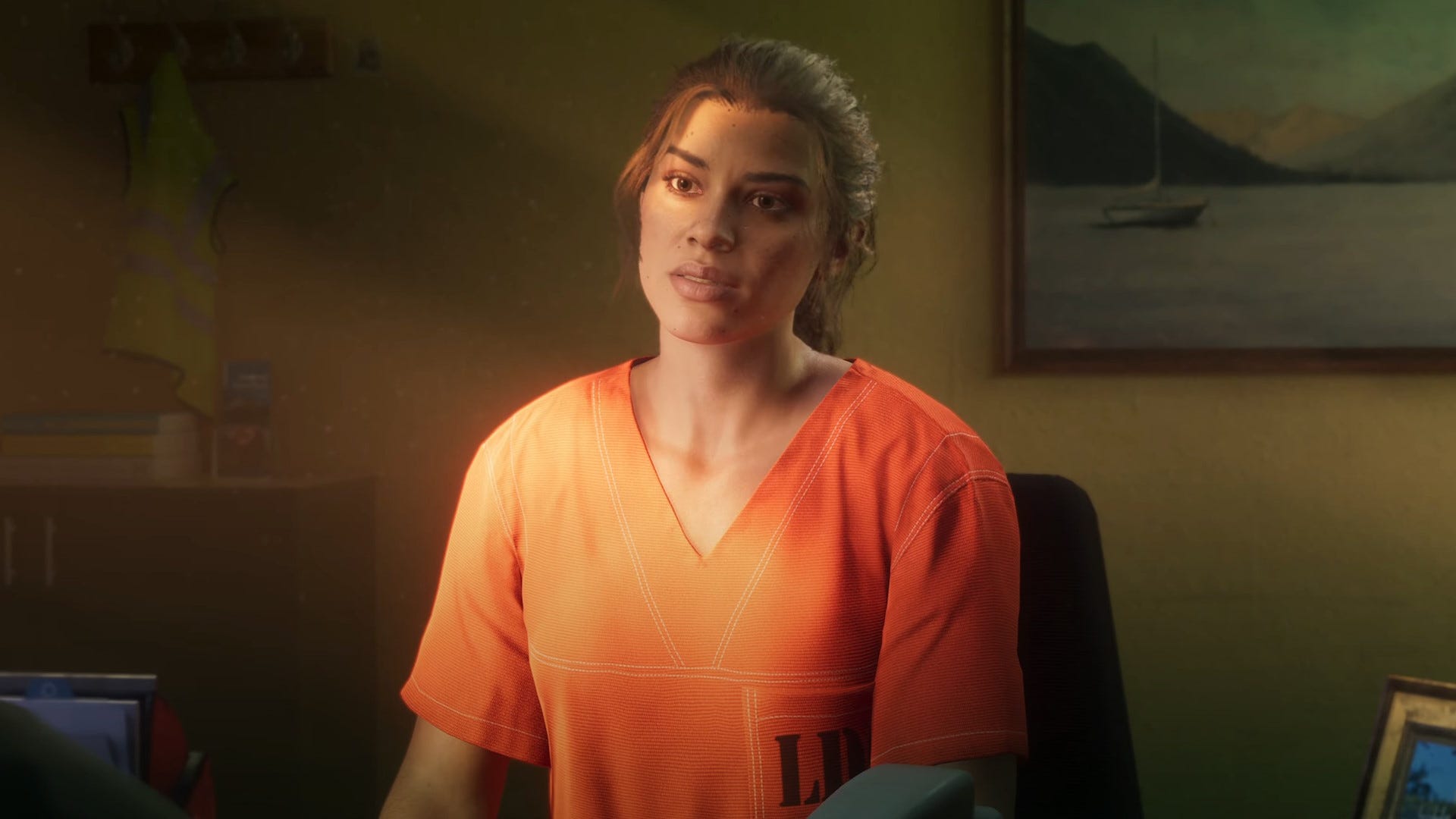









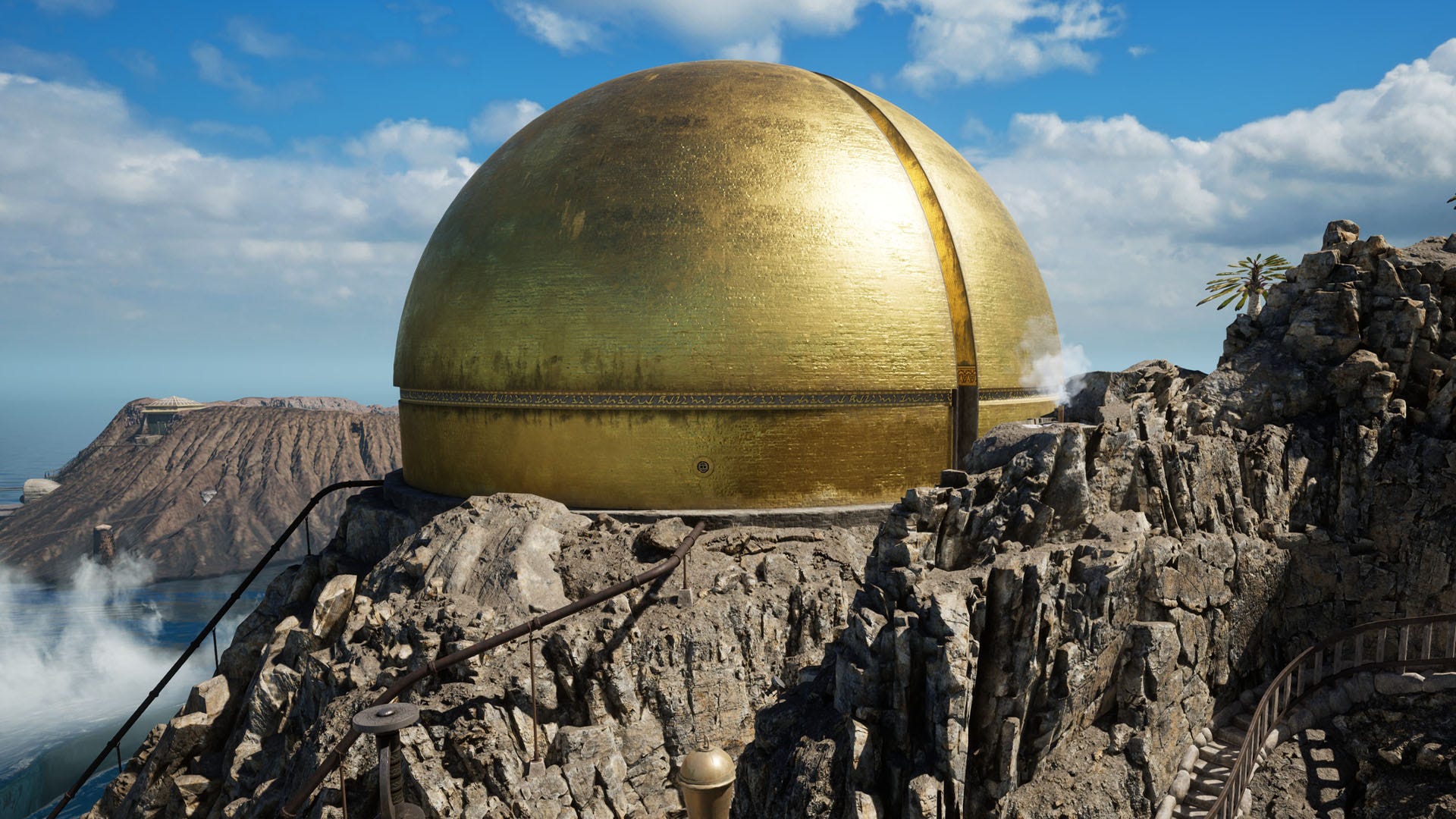
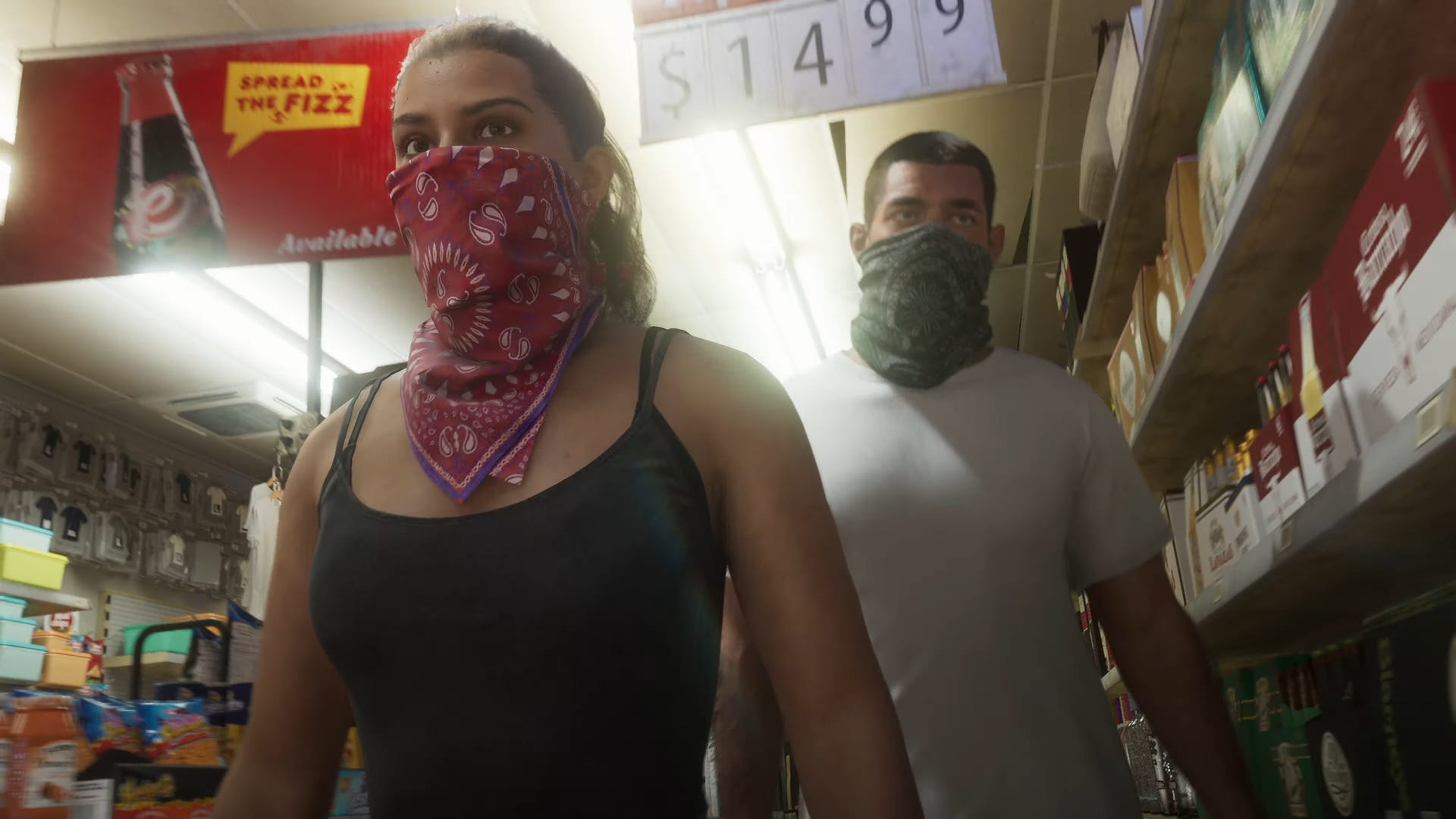


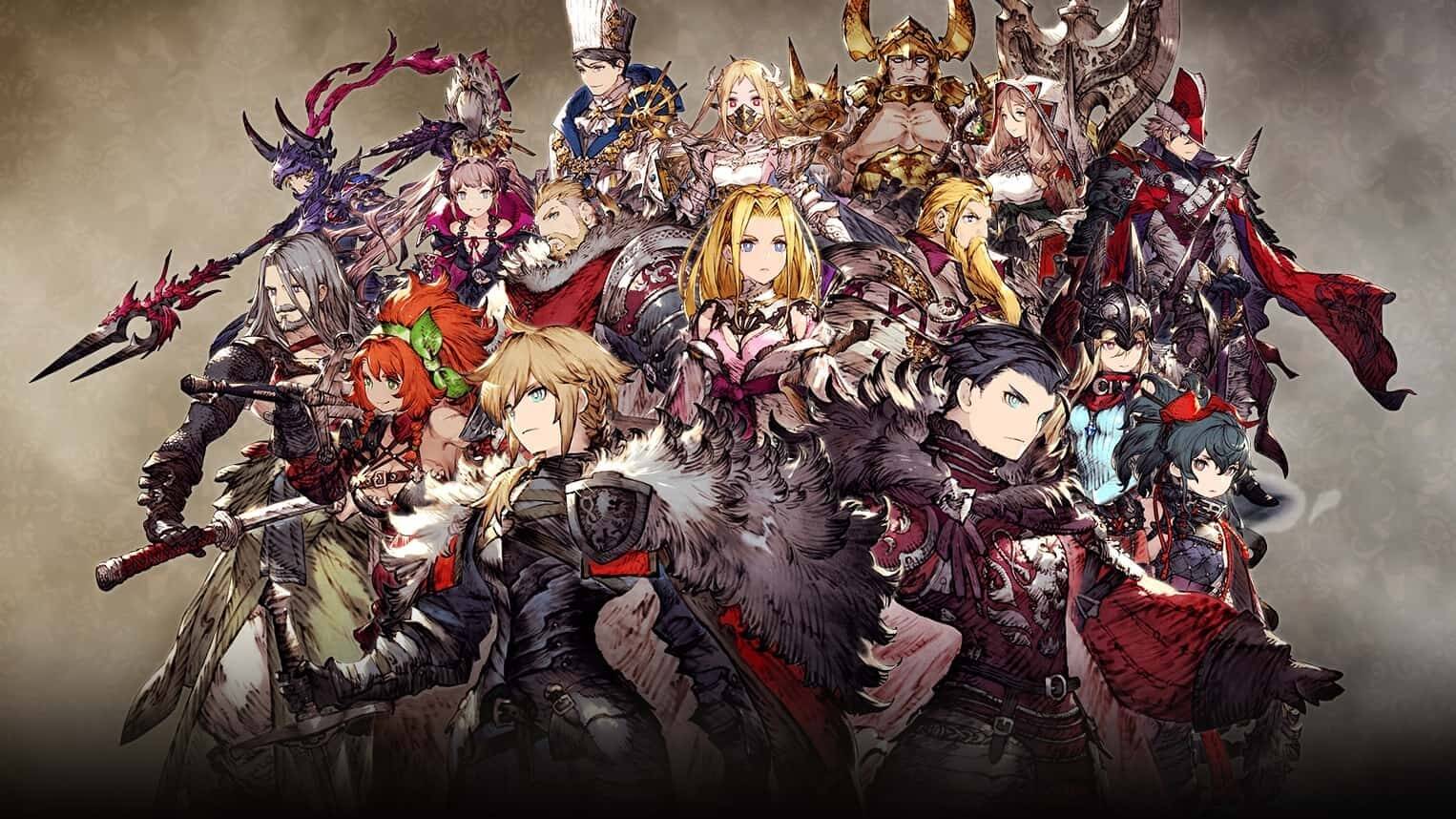
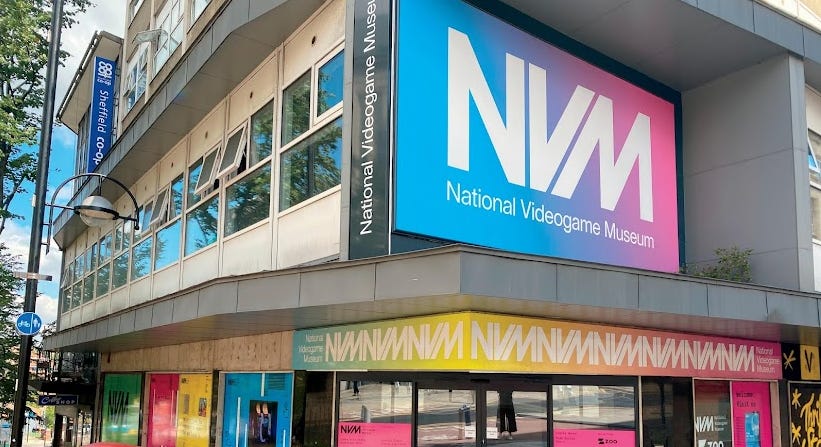
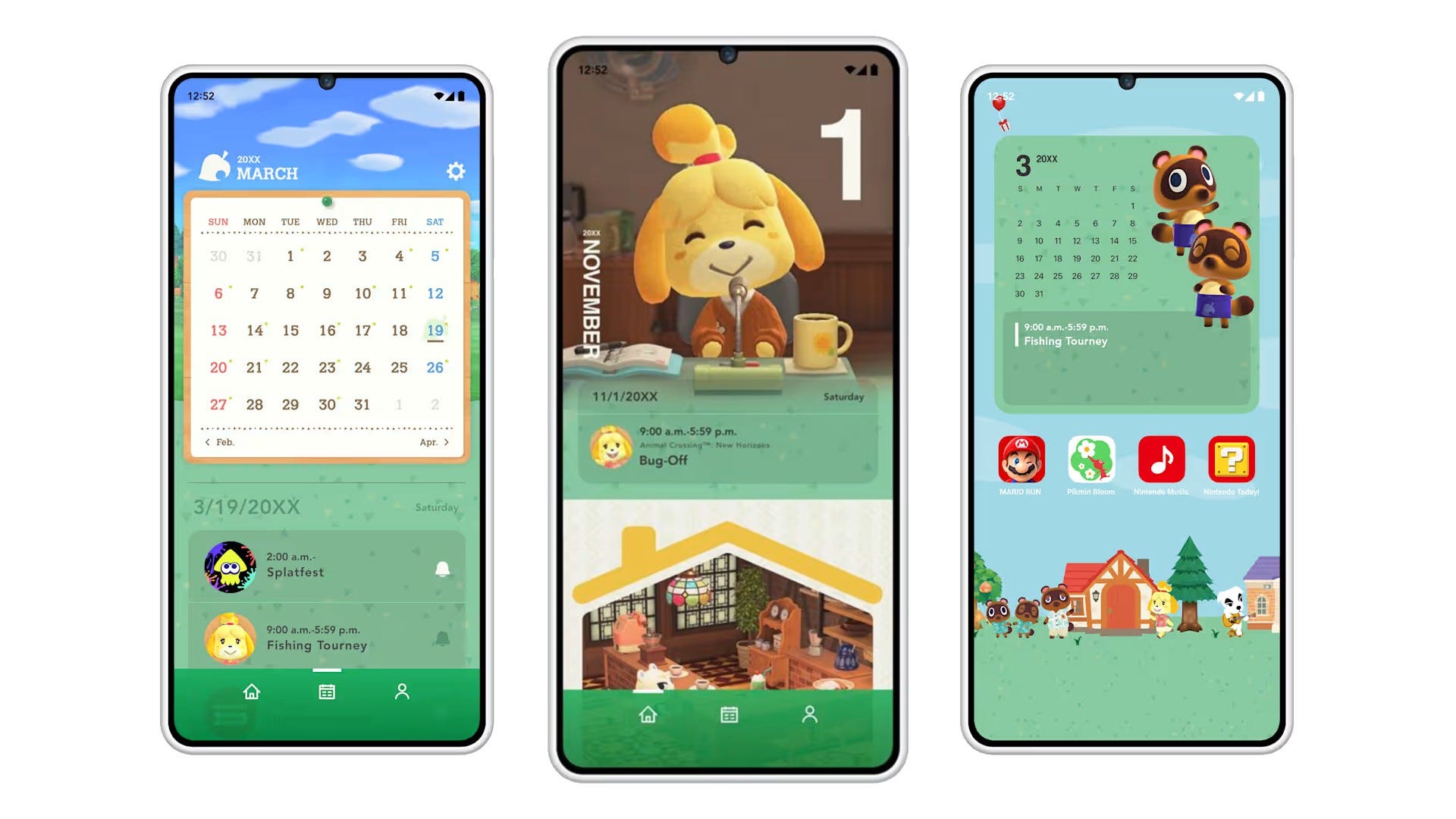
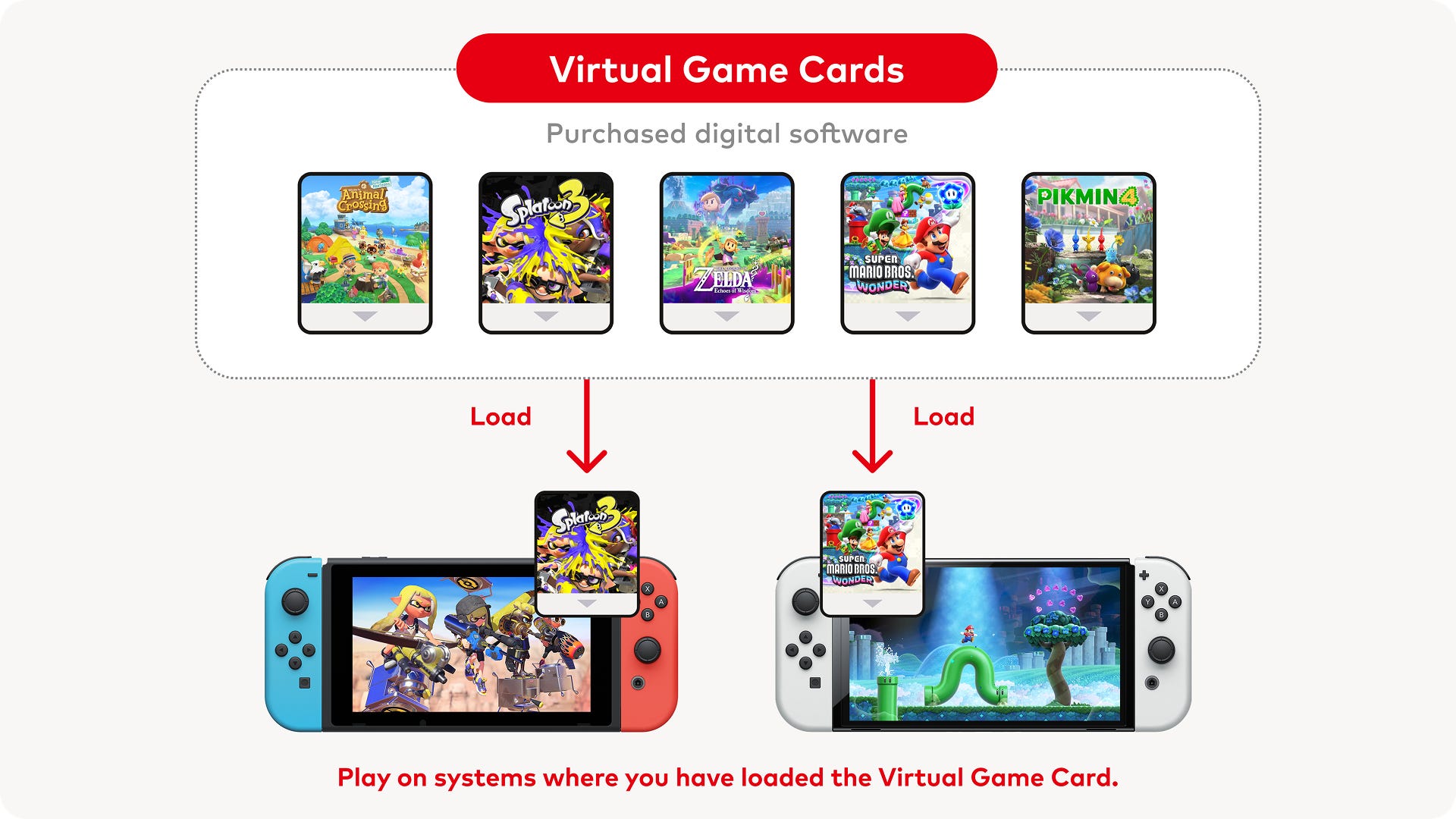






.png?#)








